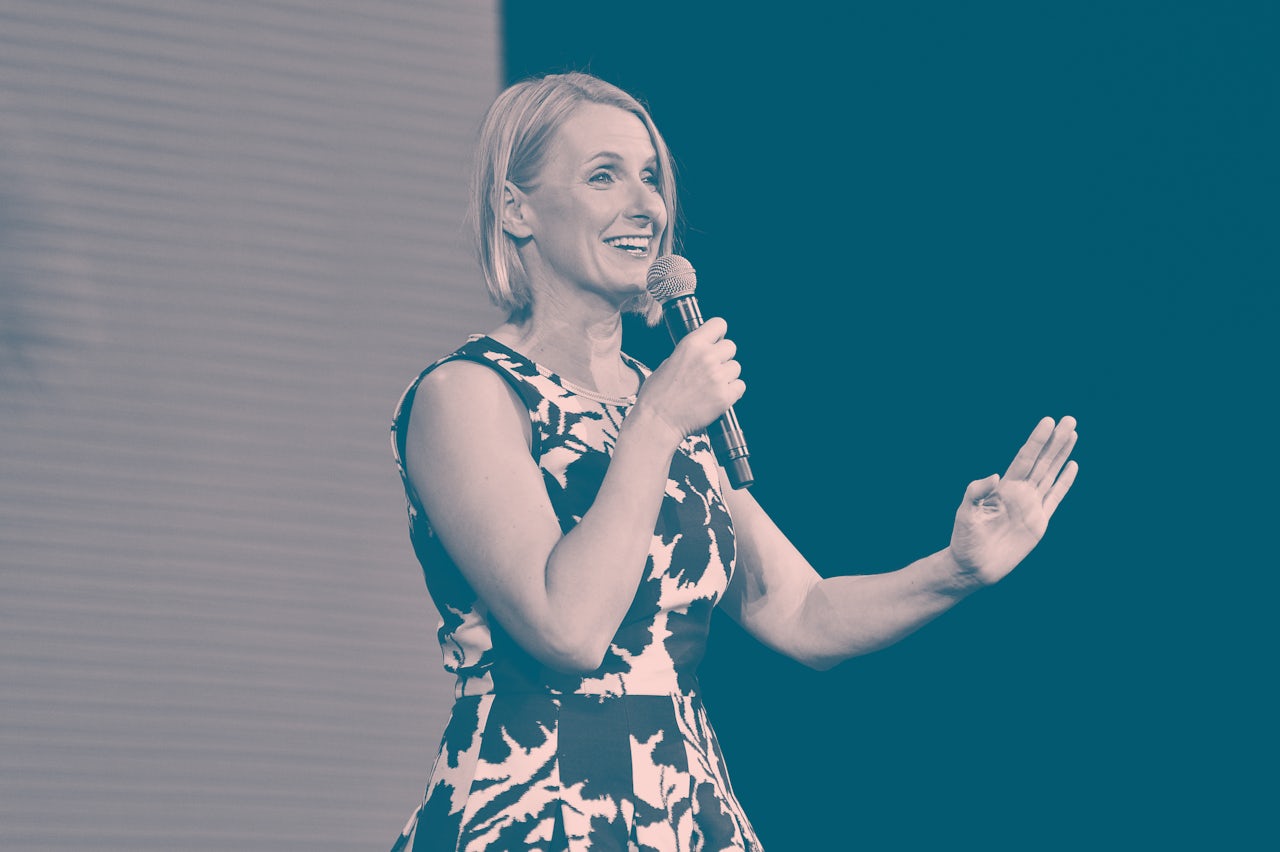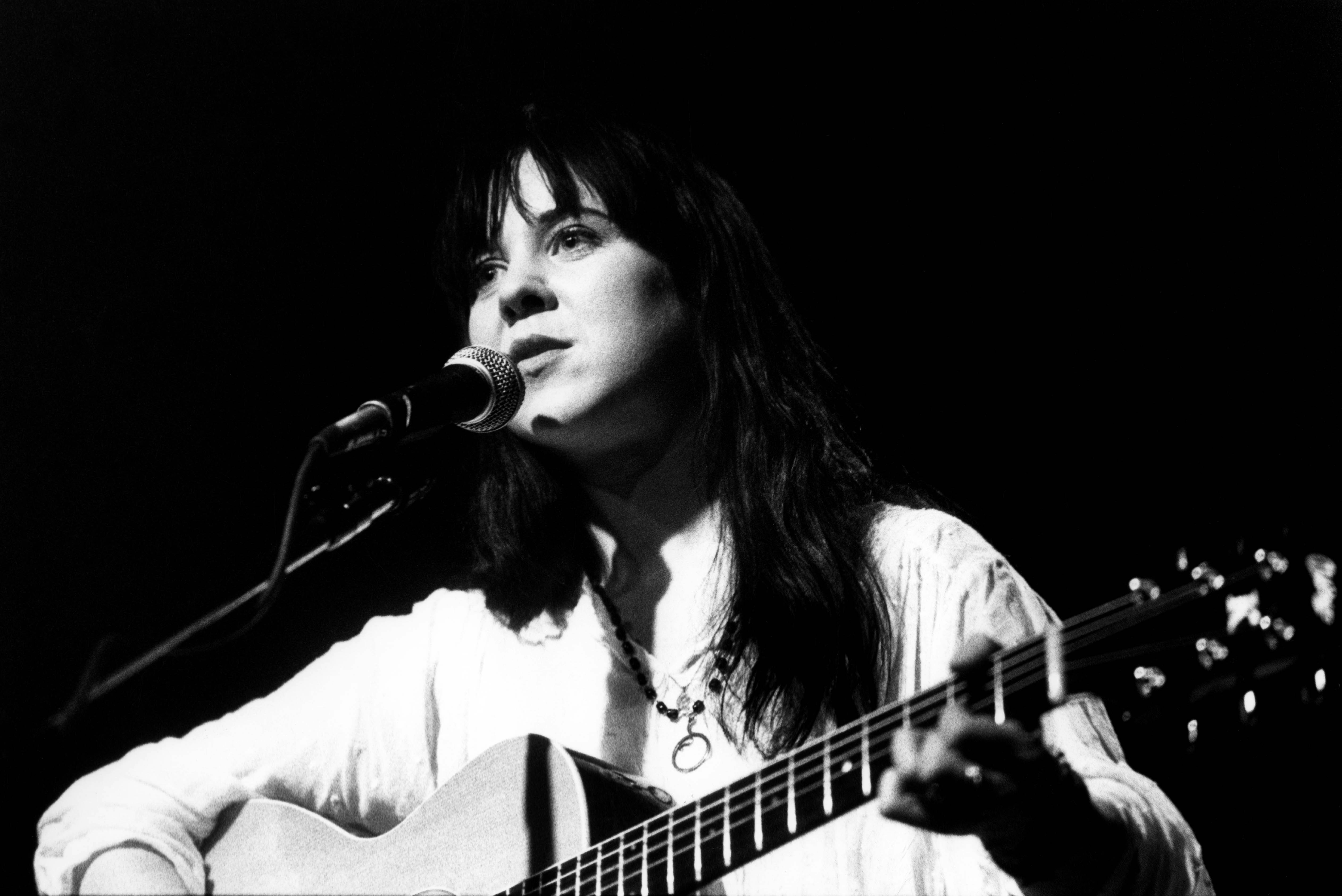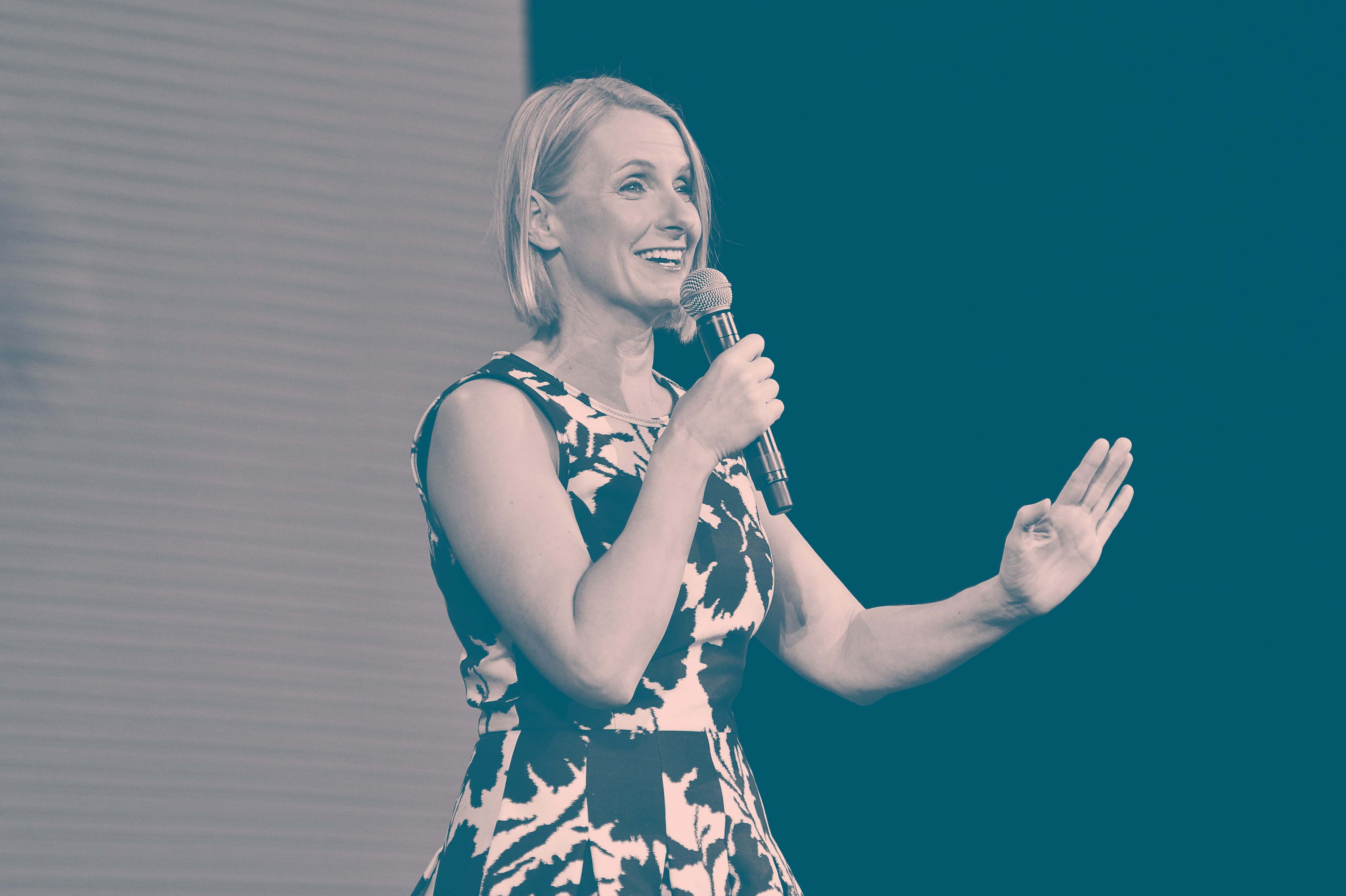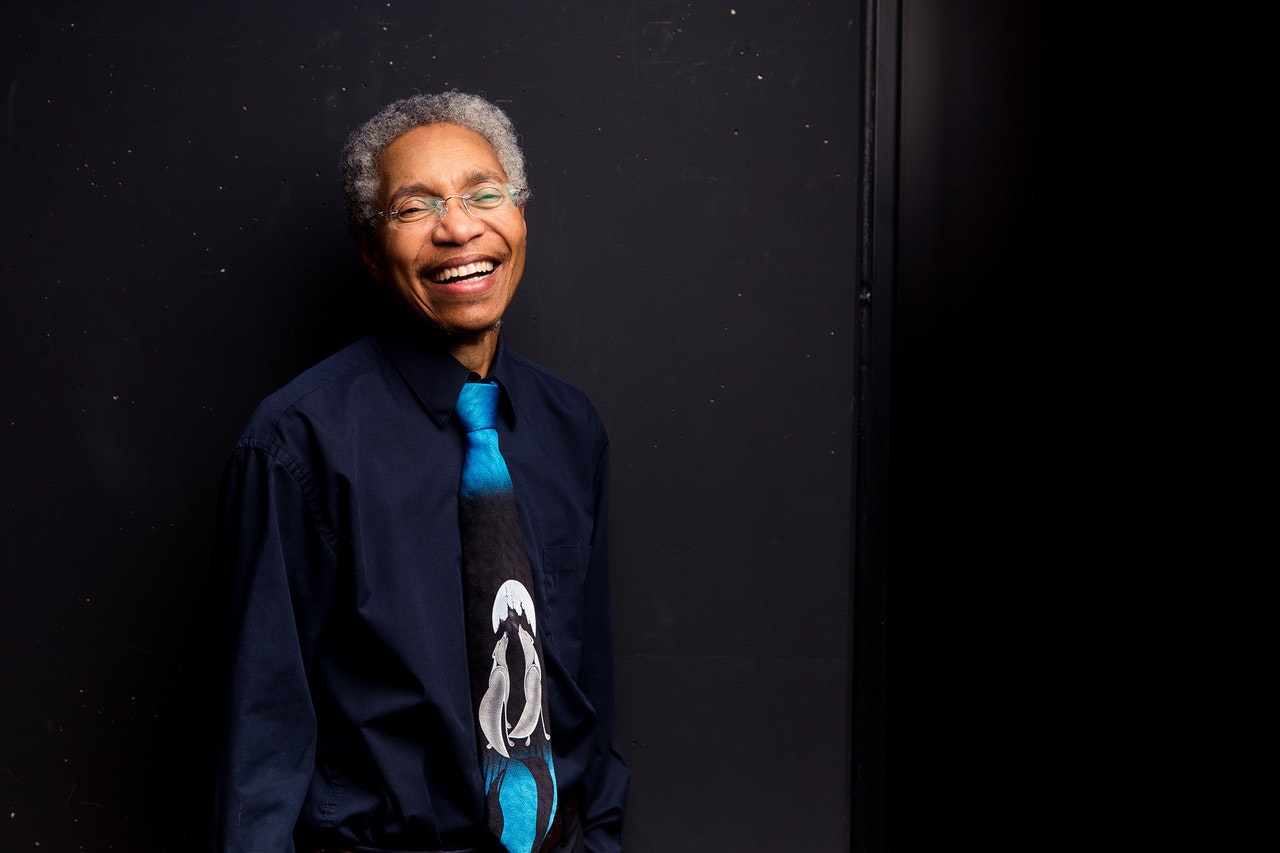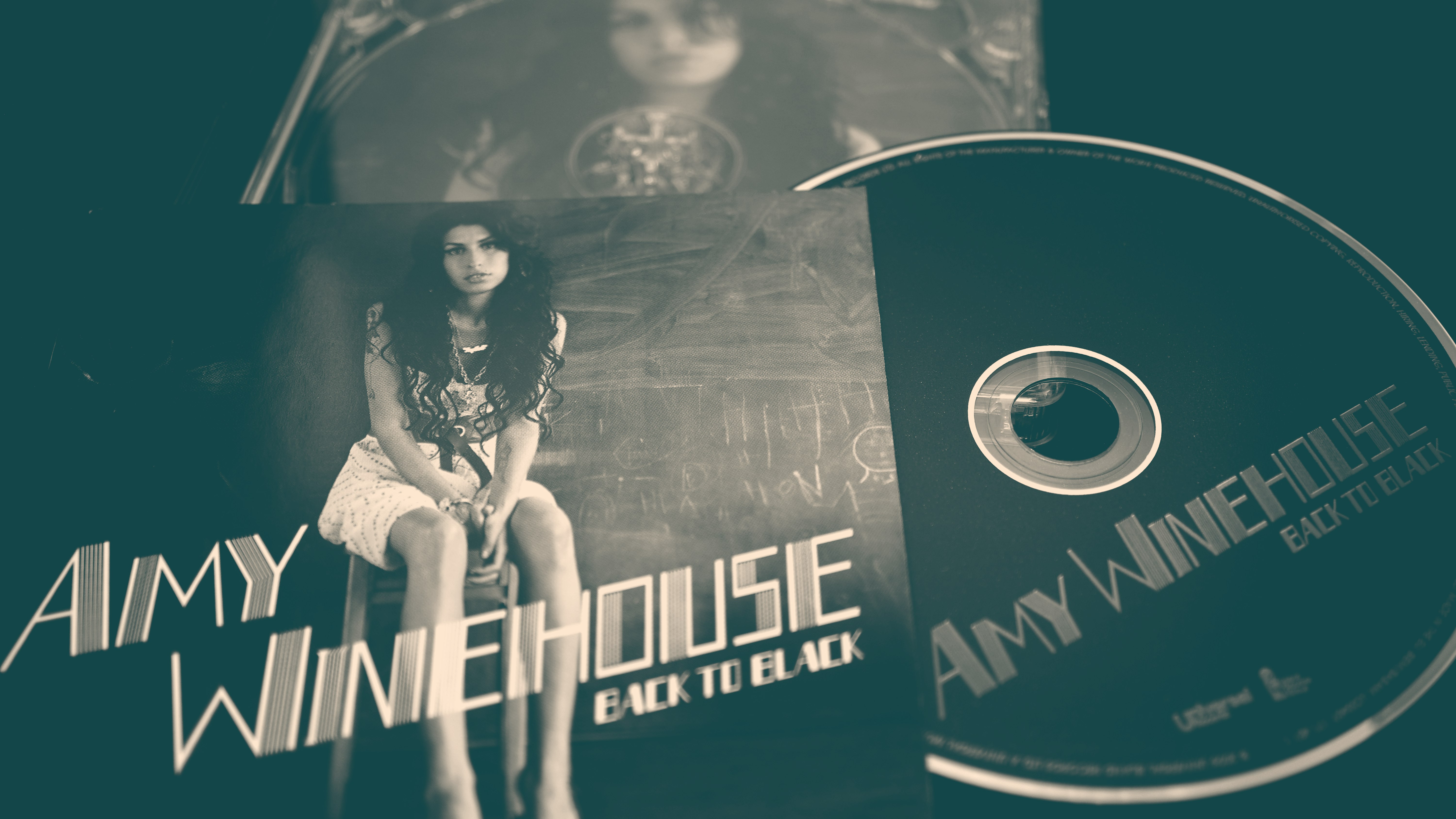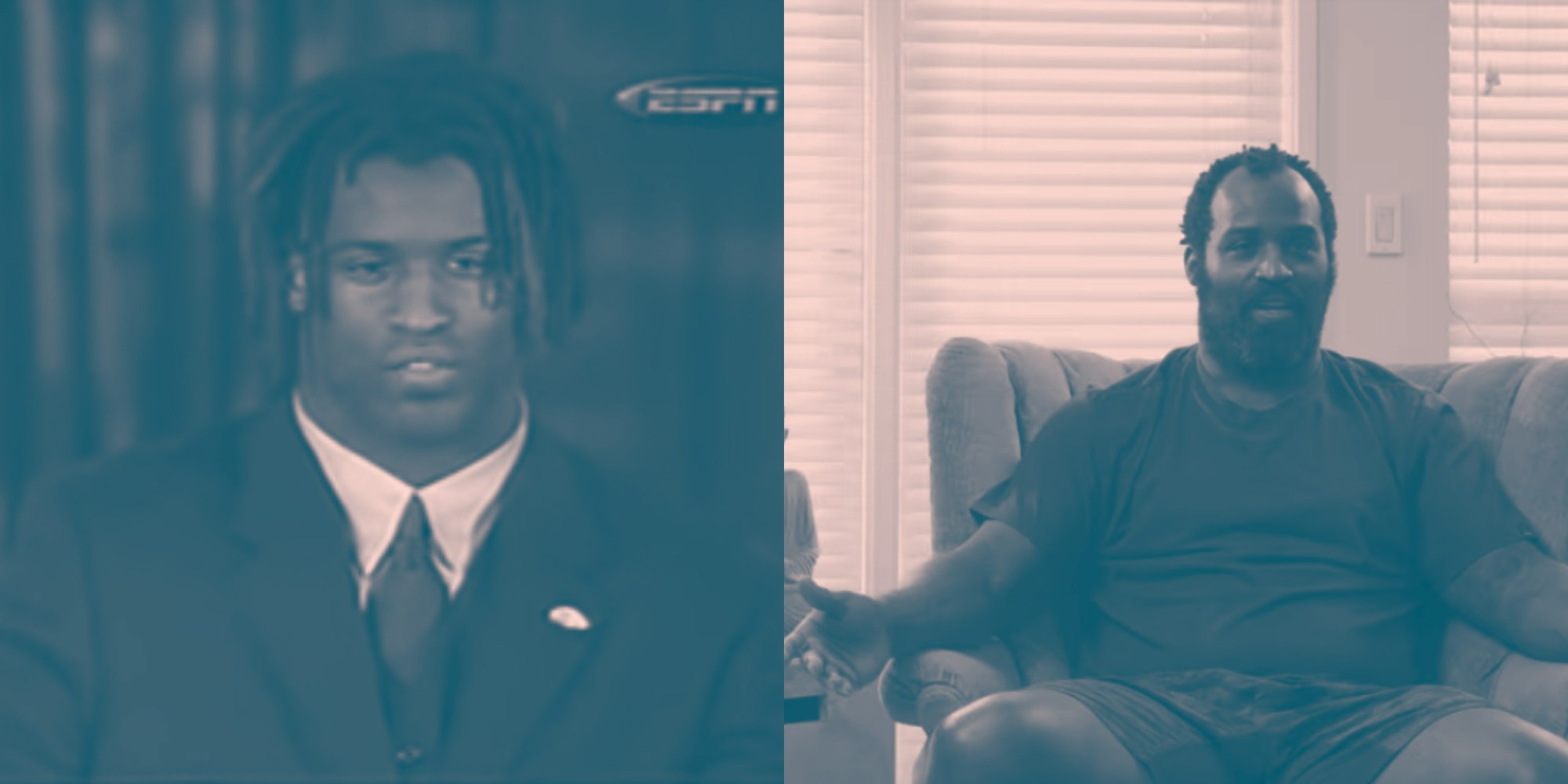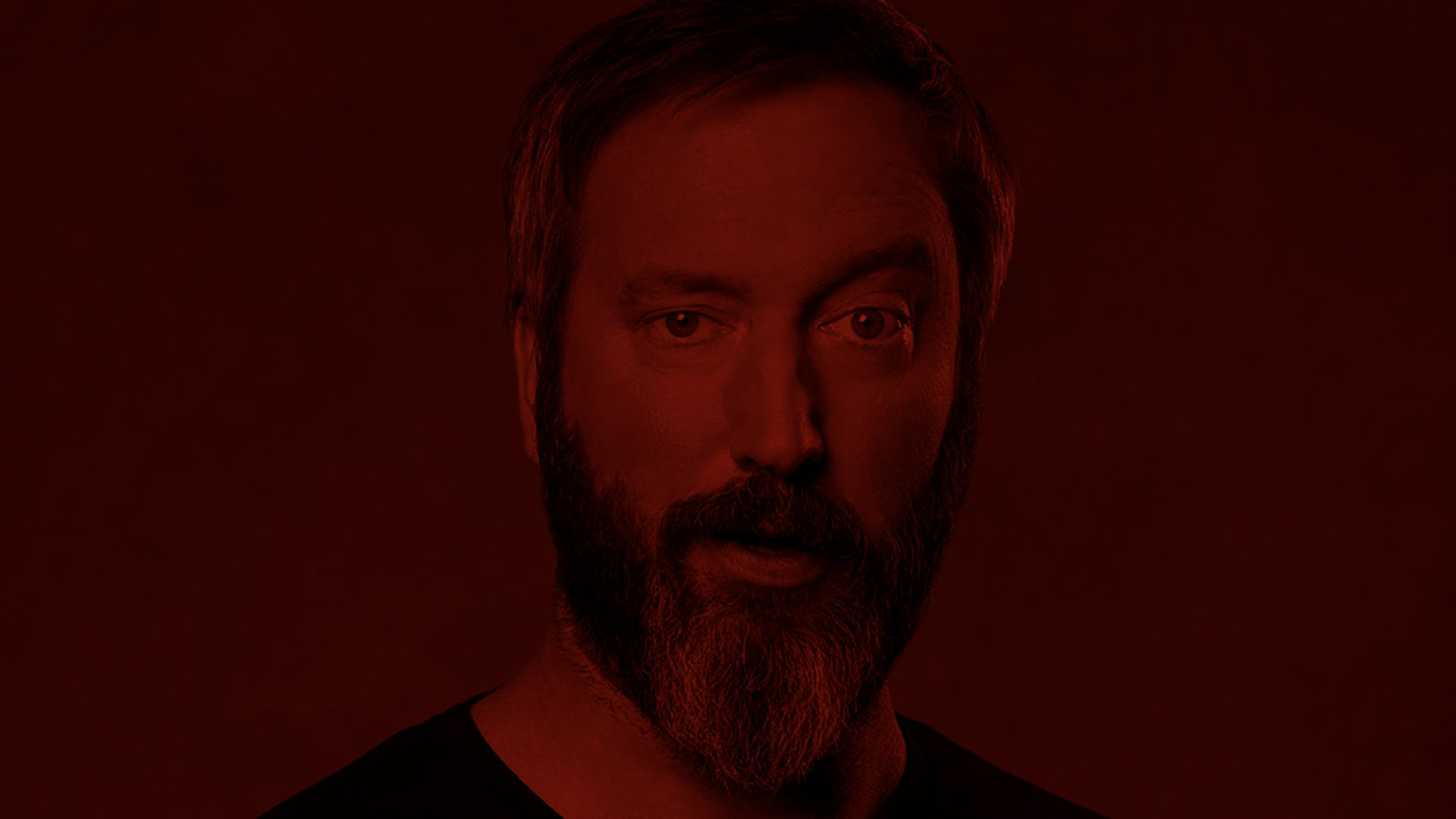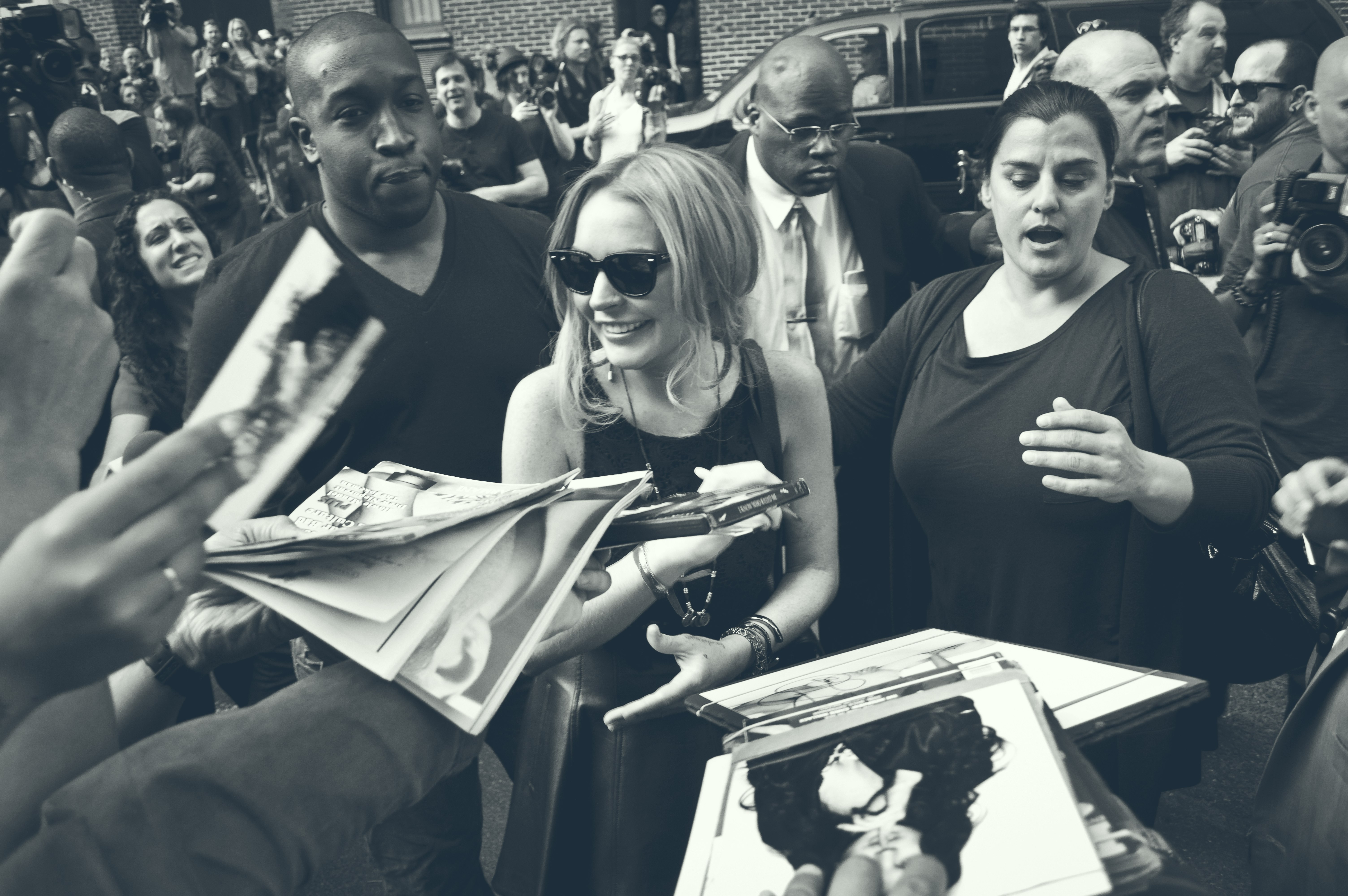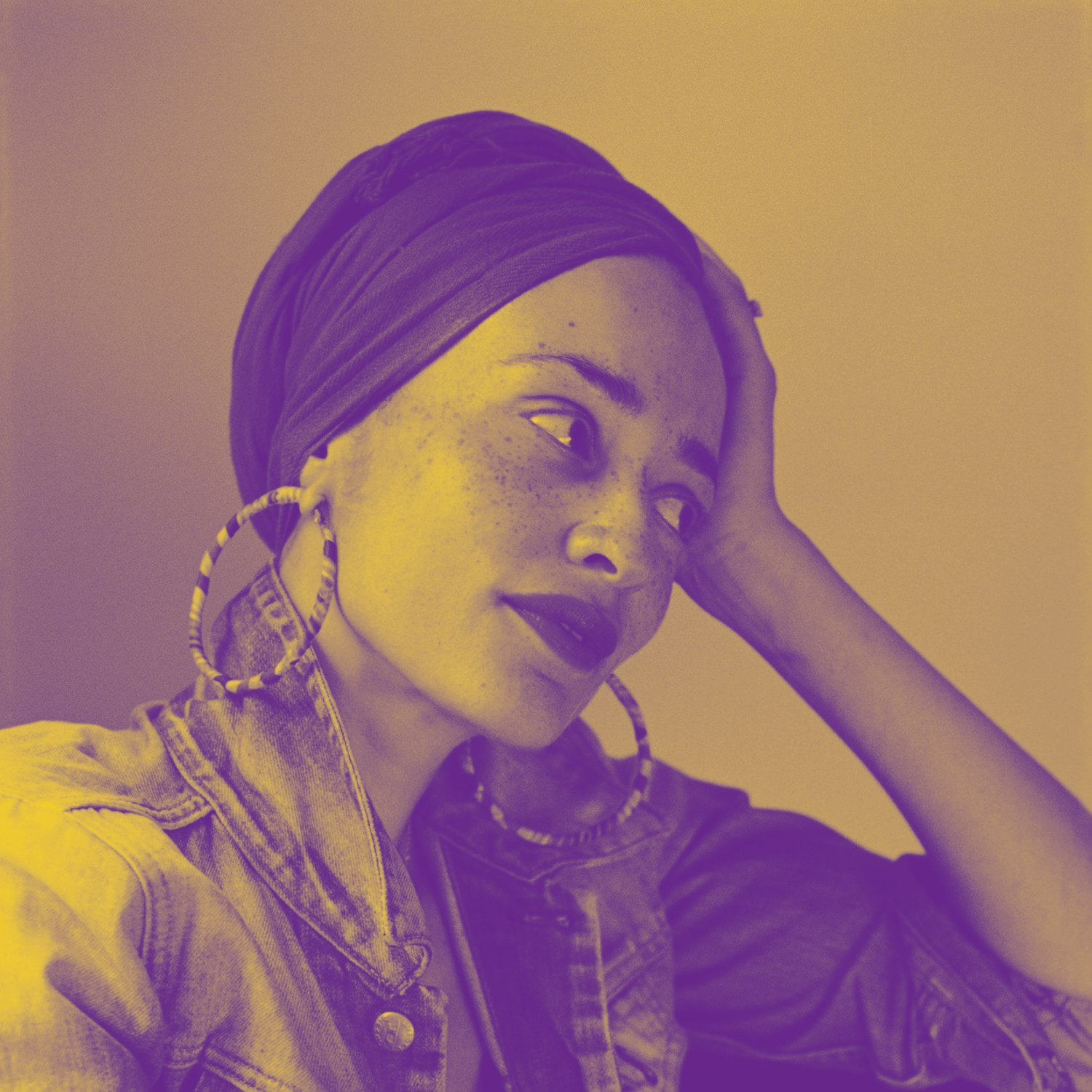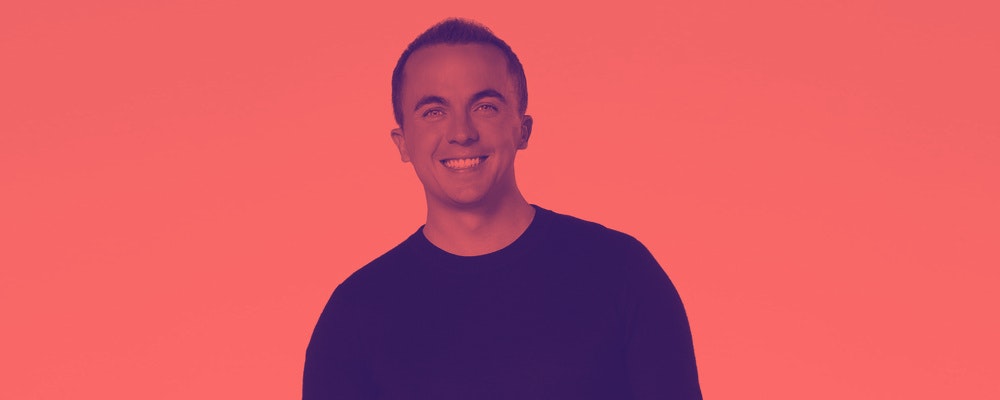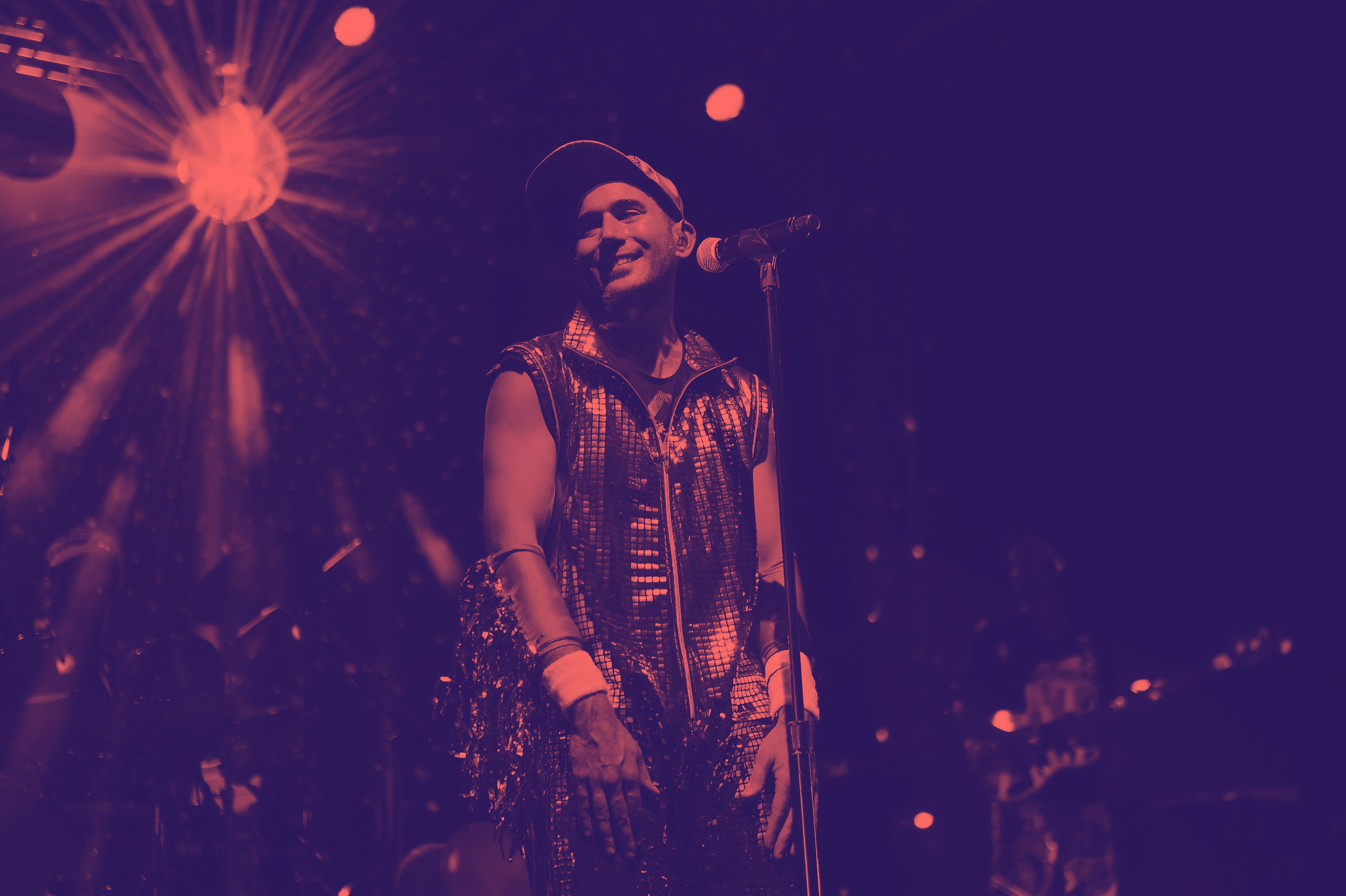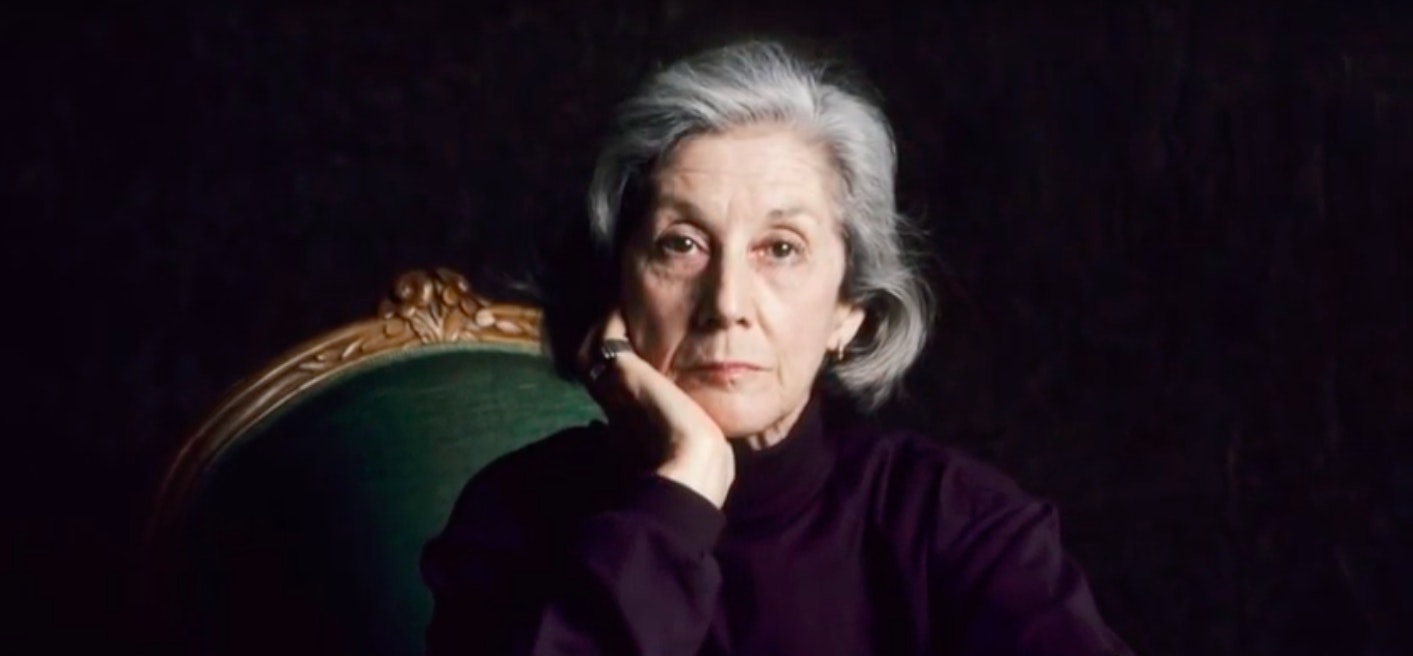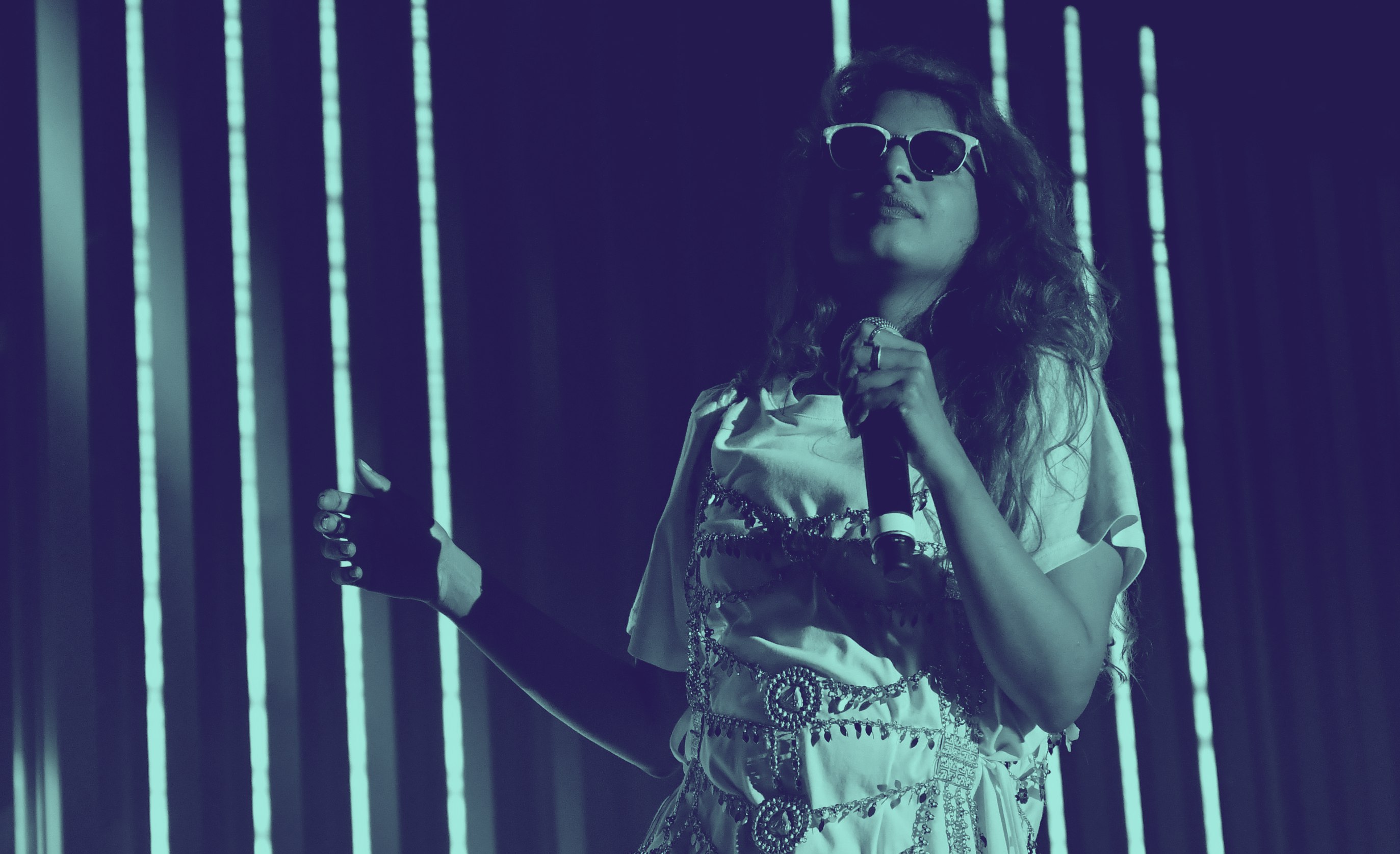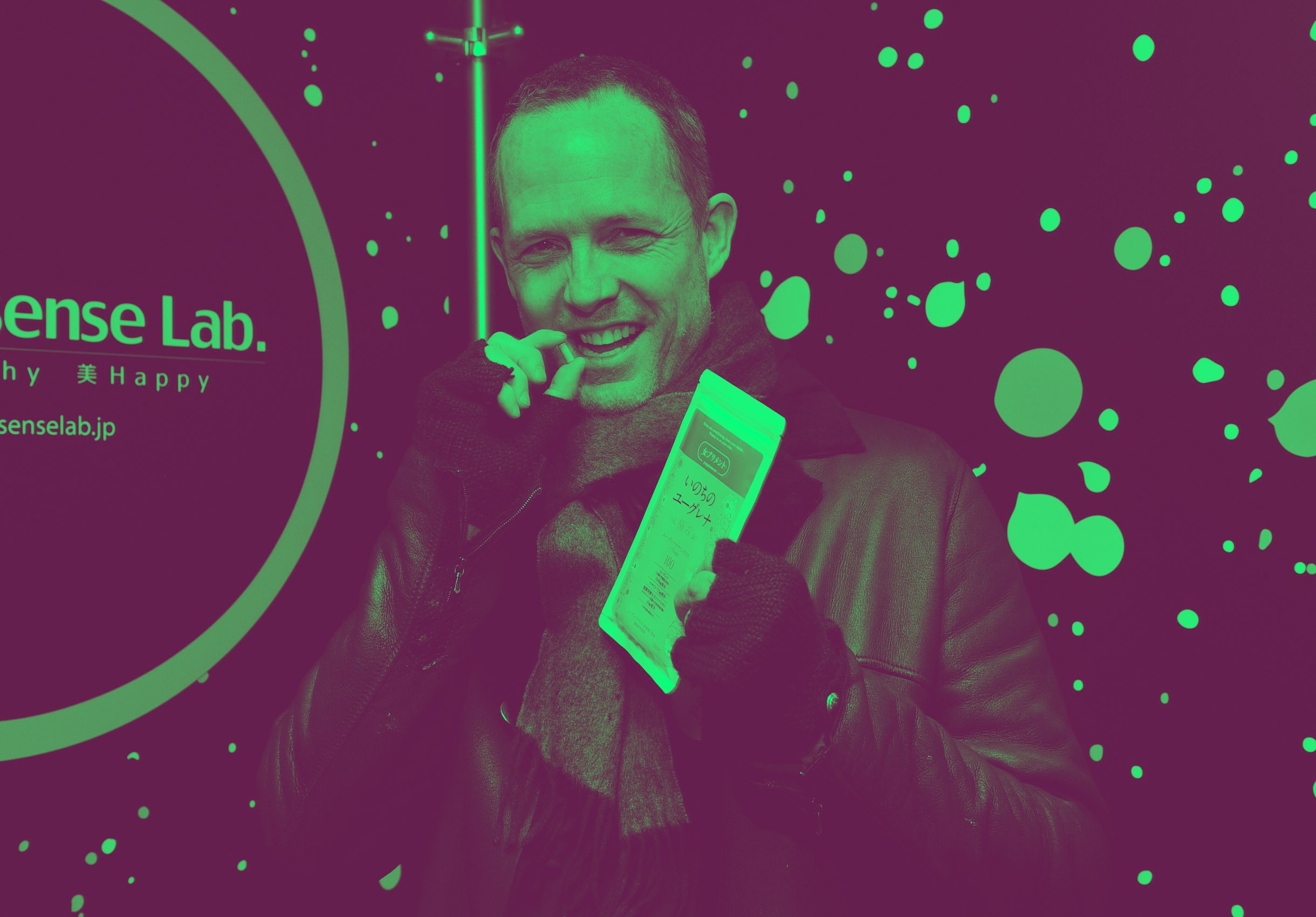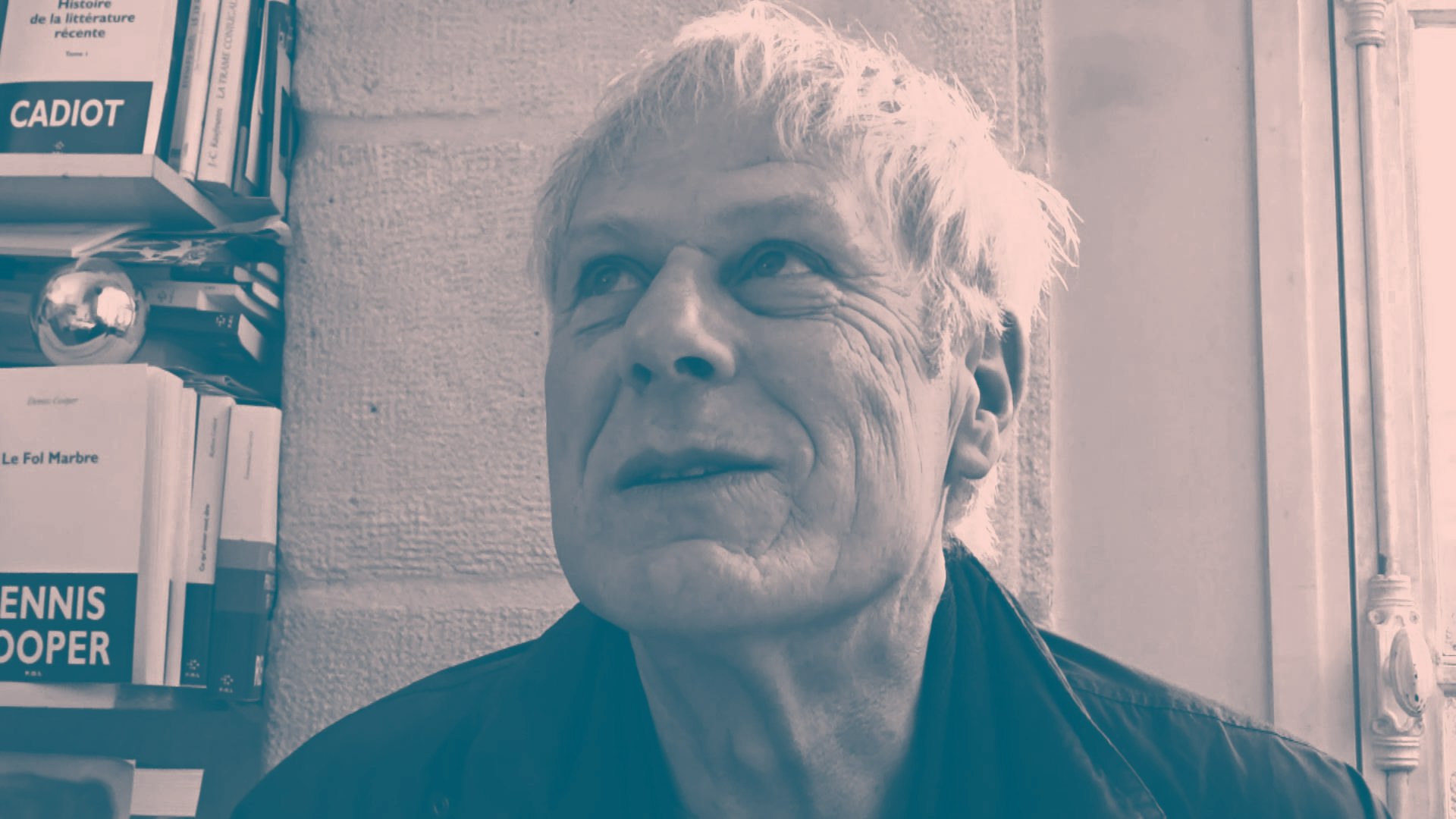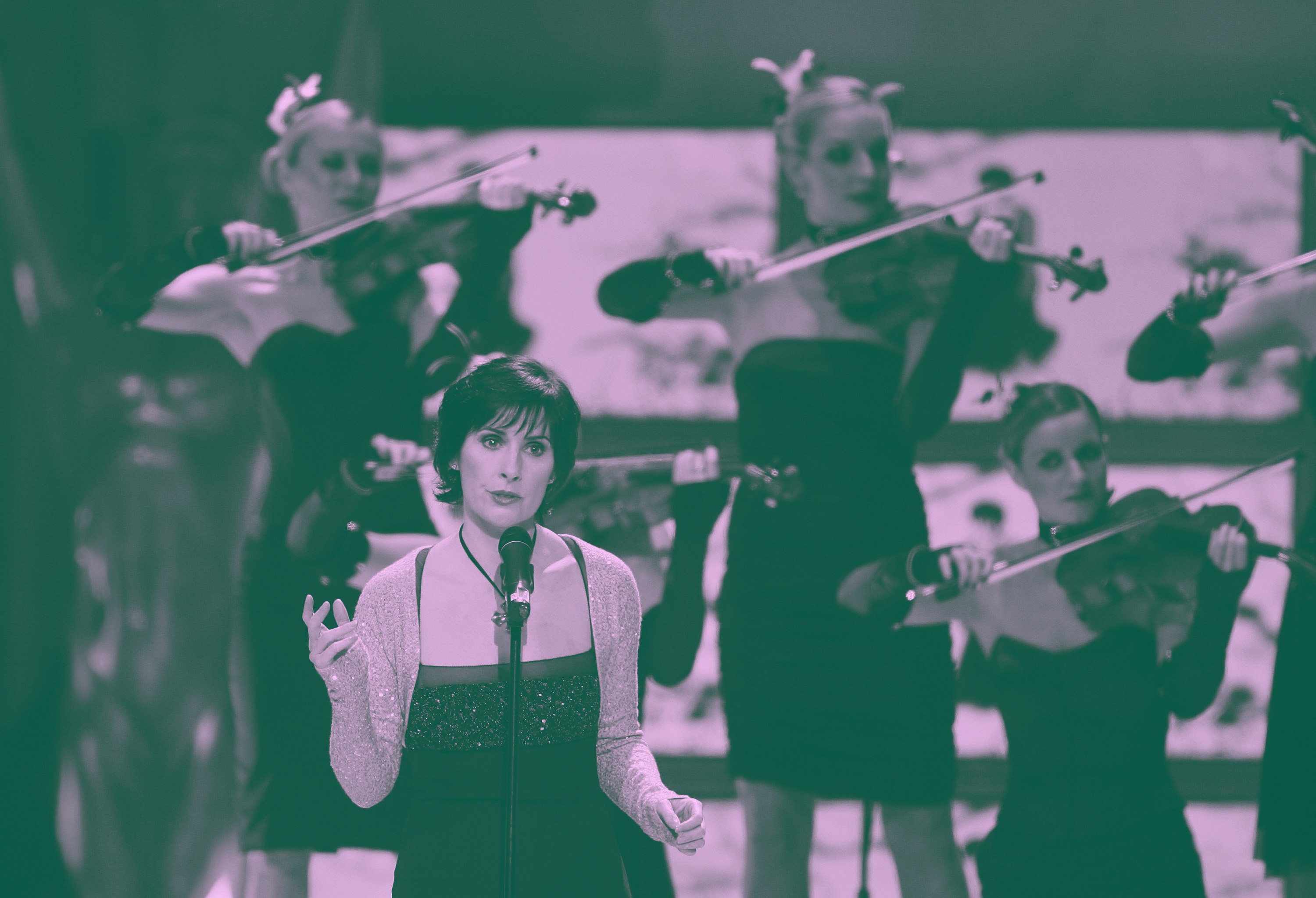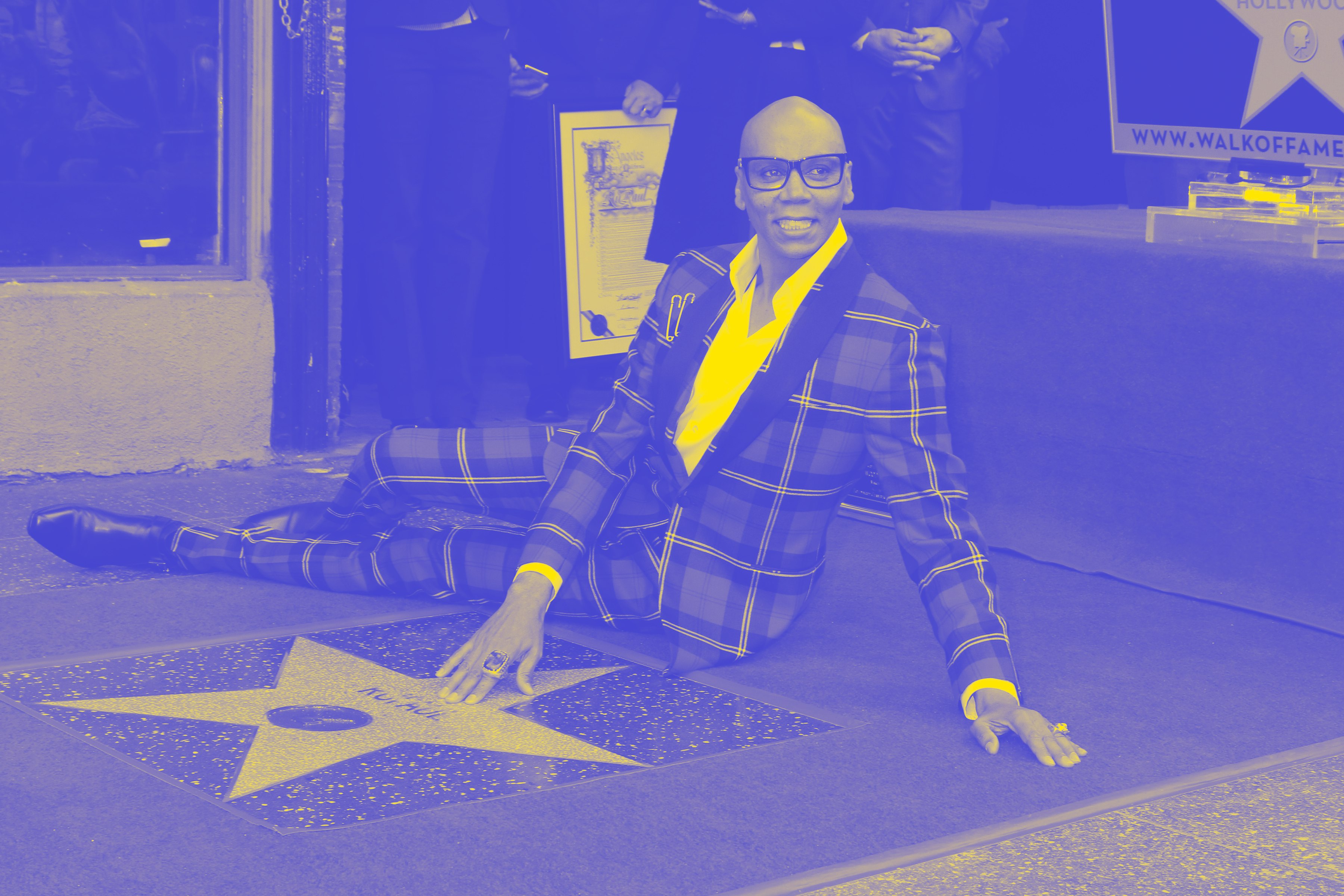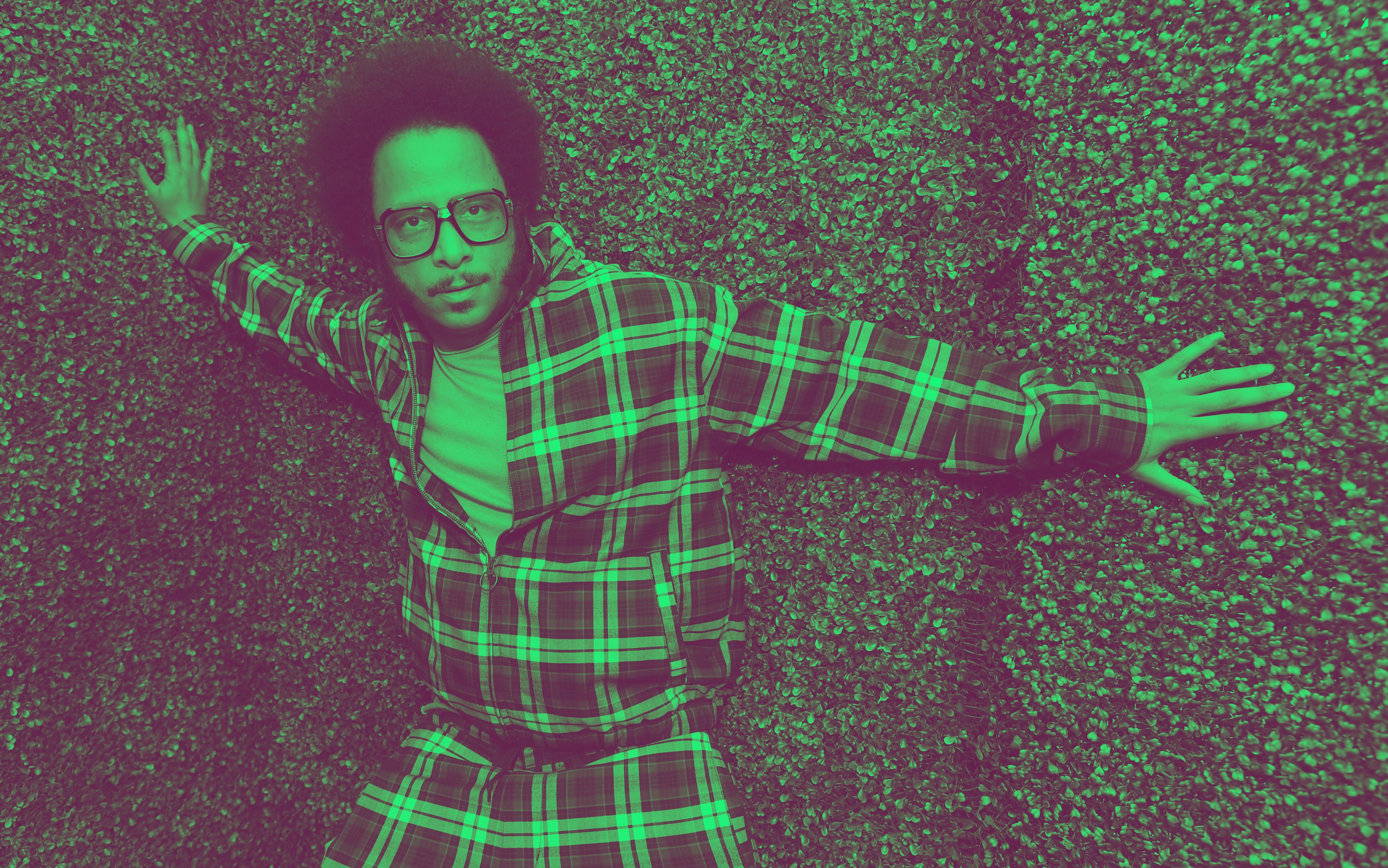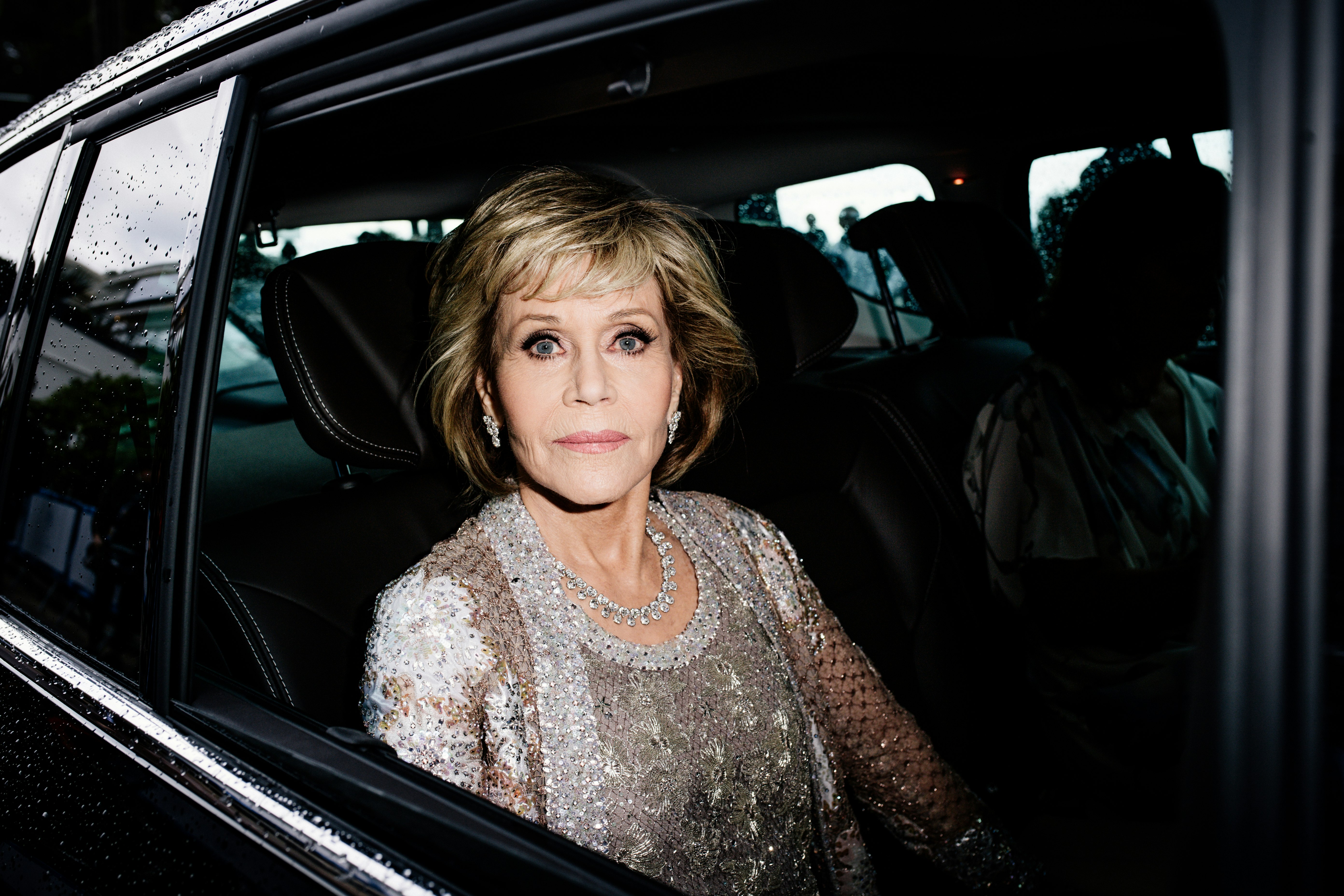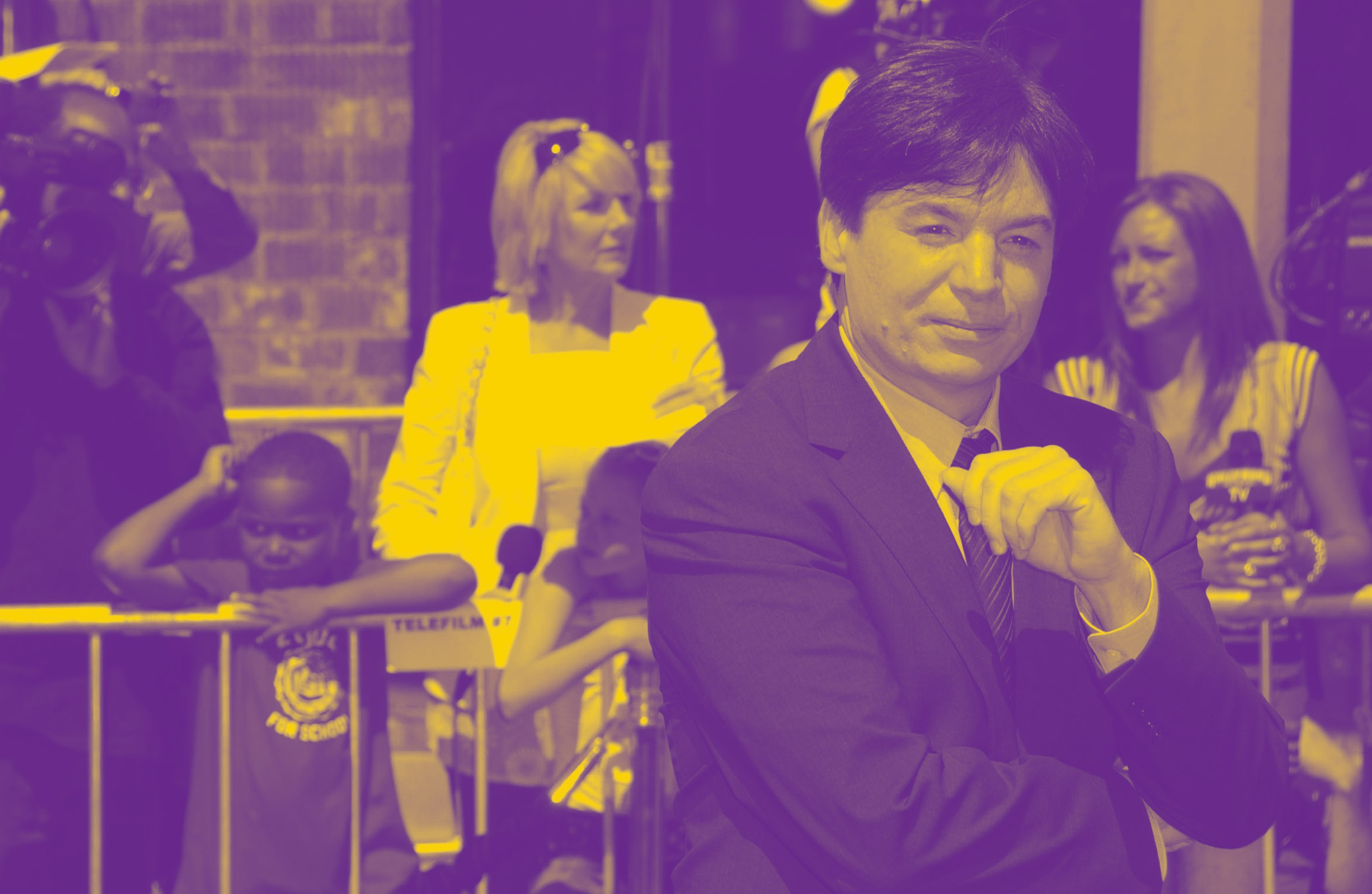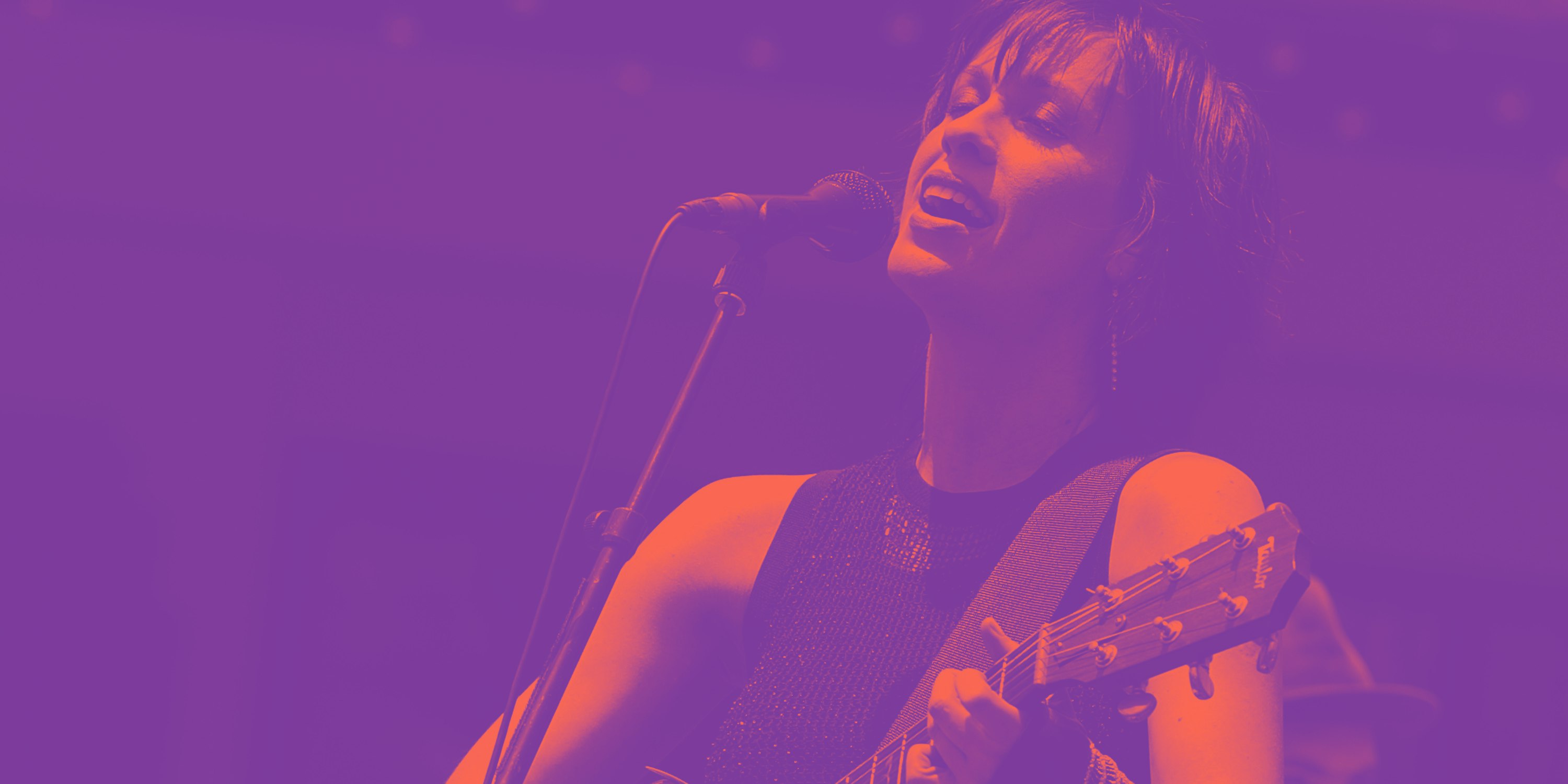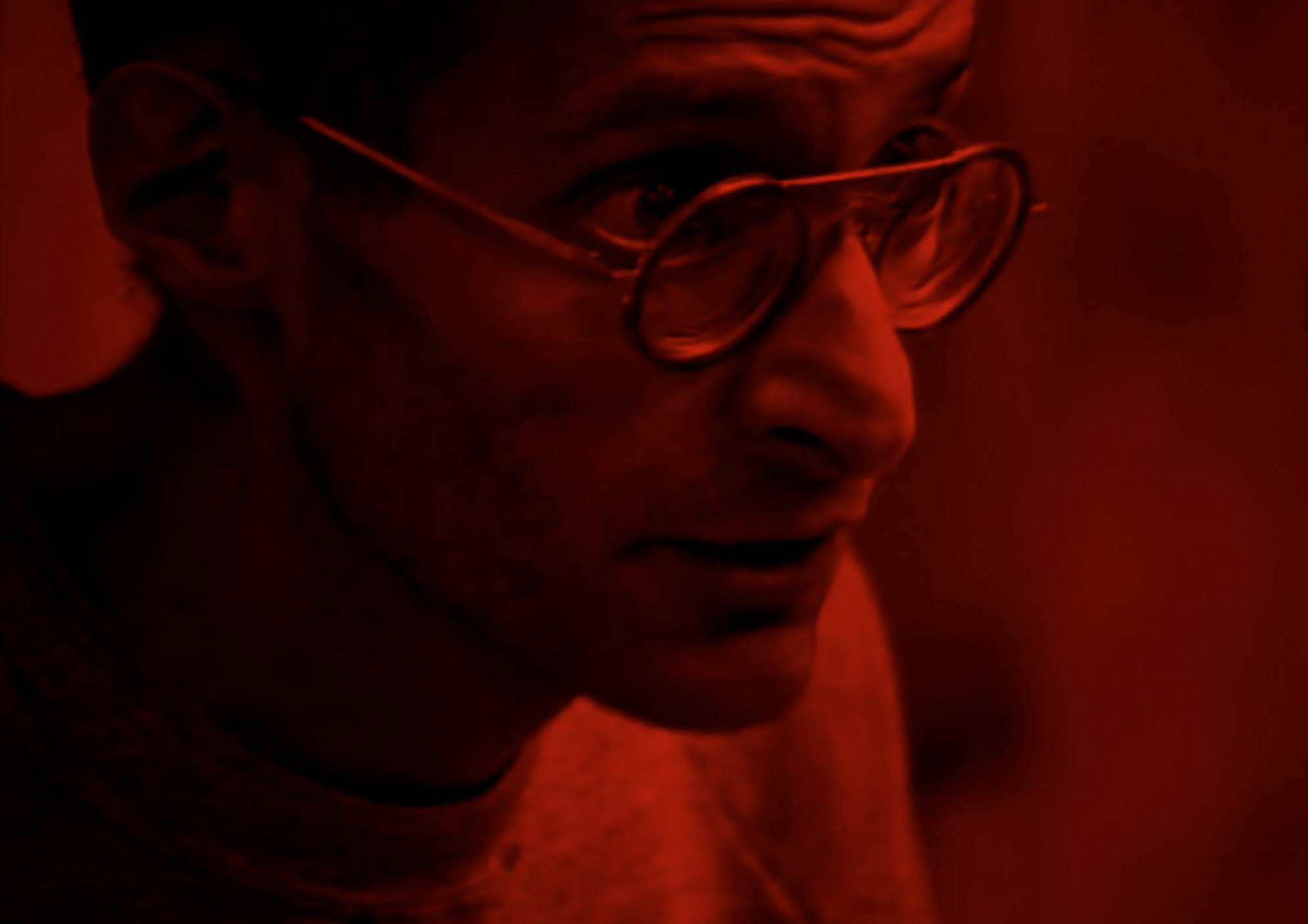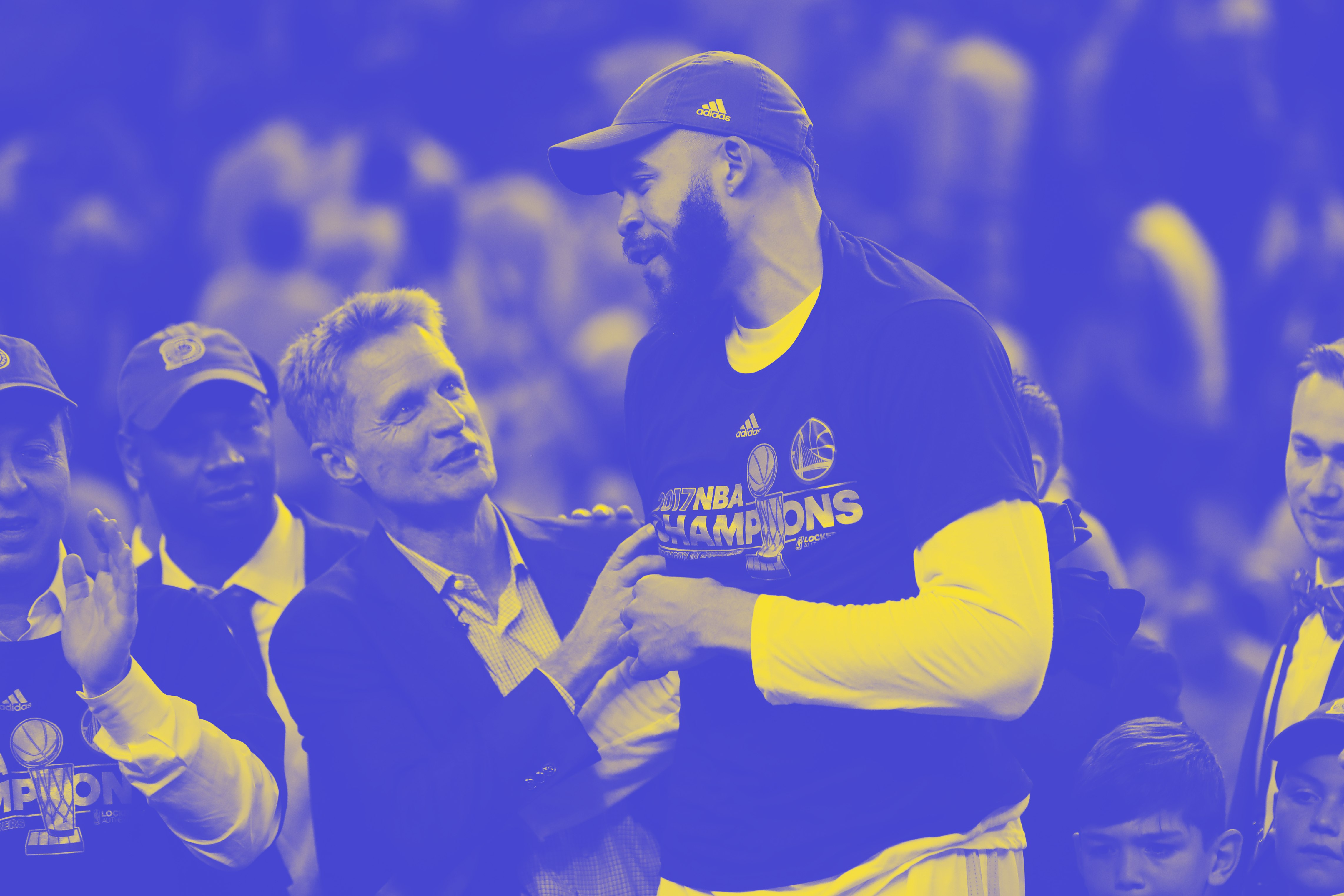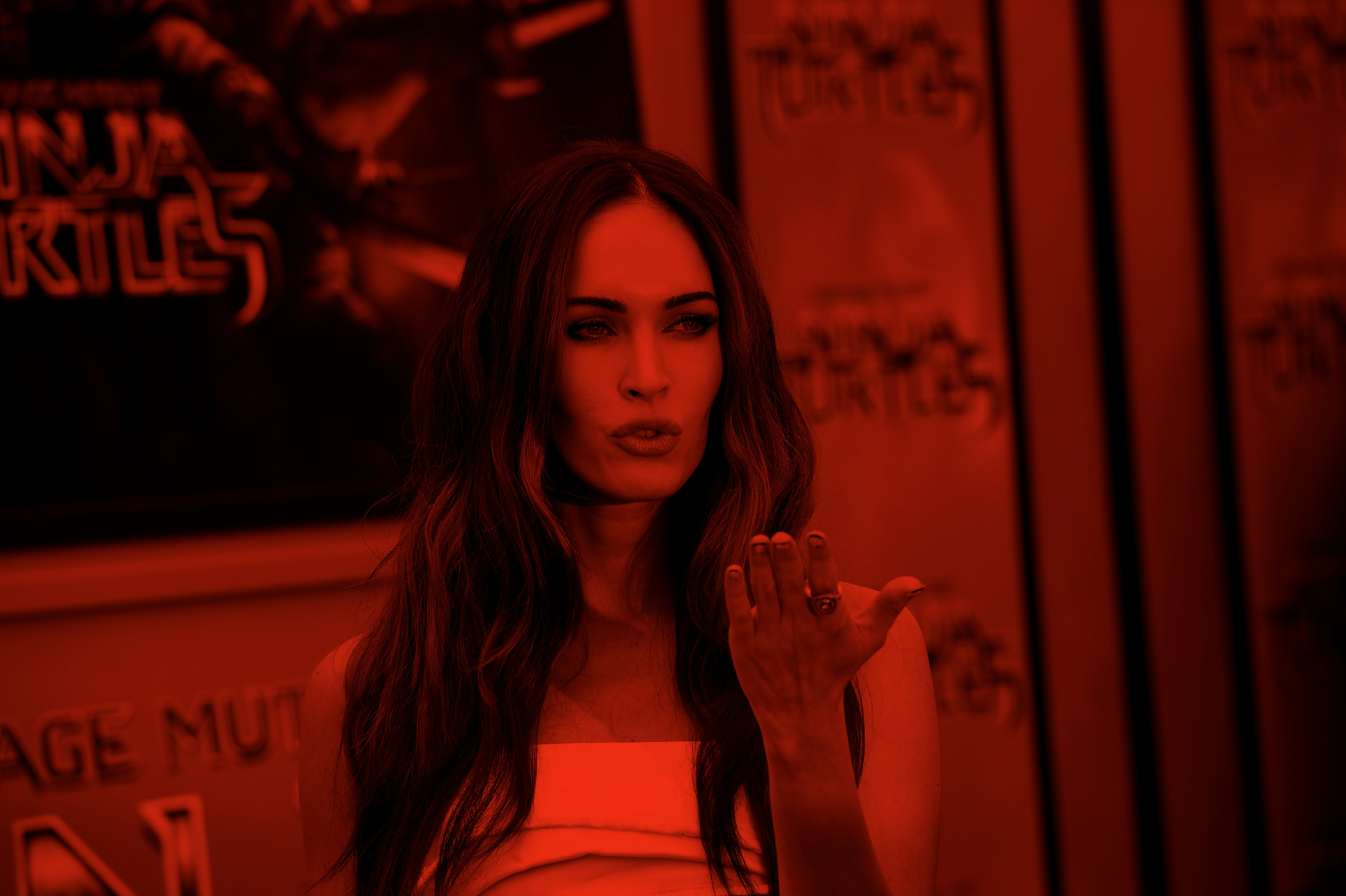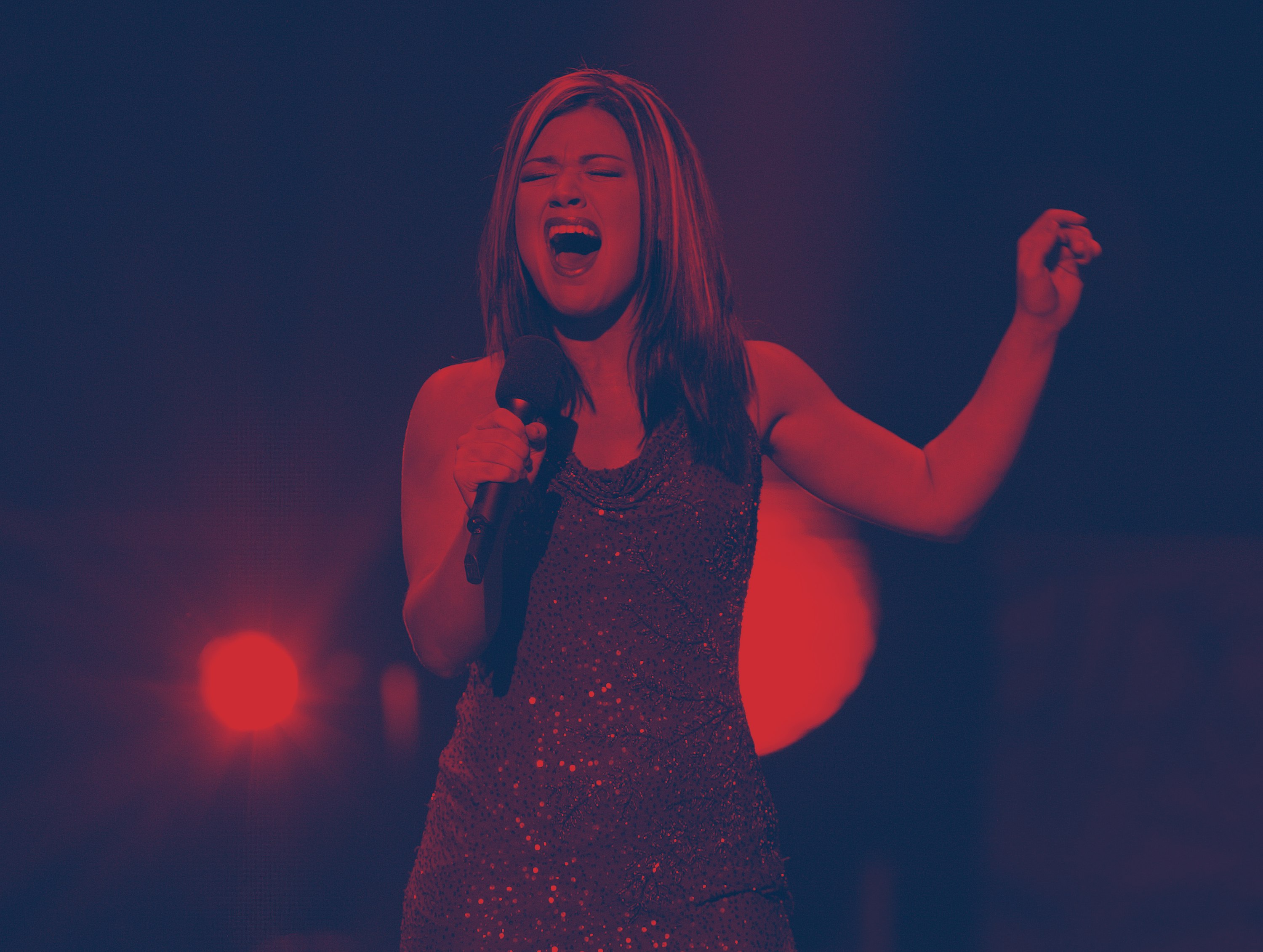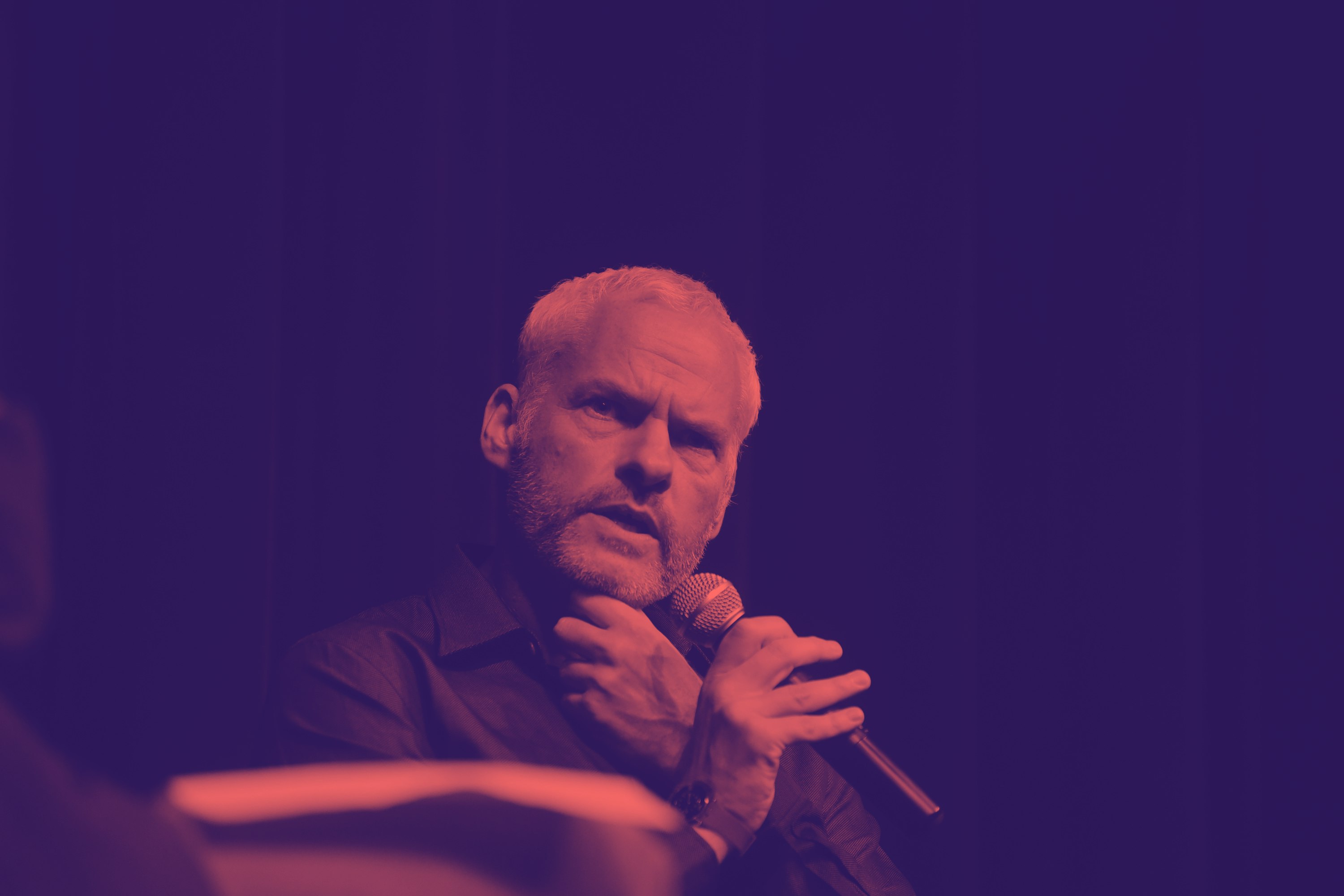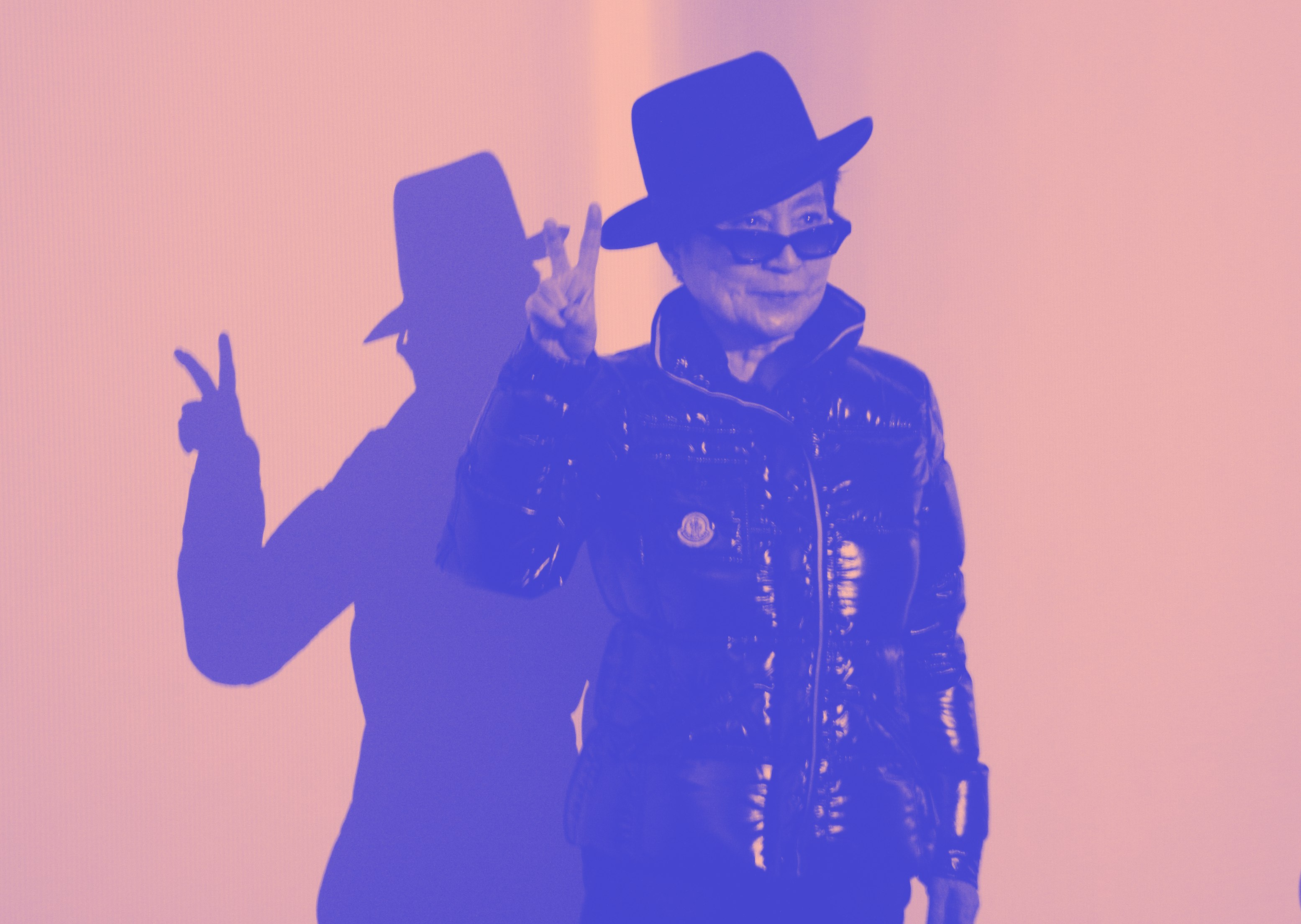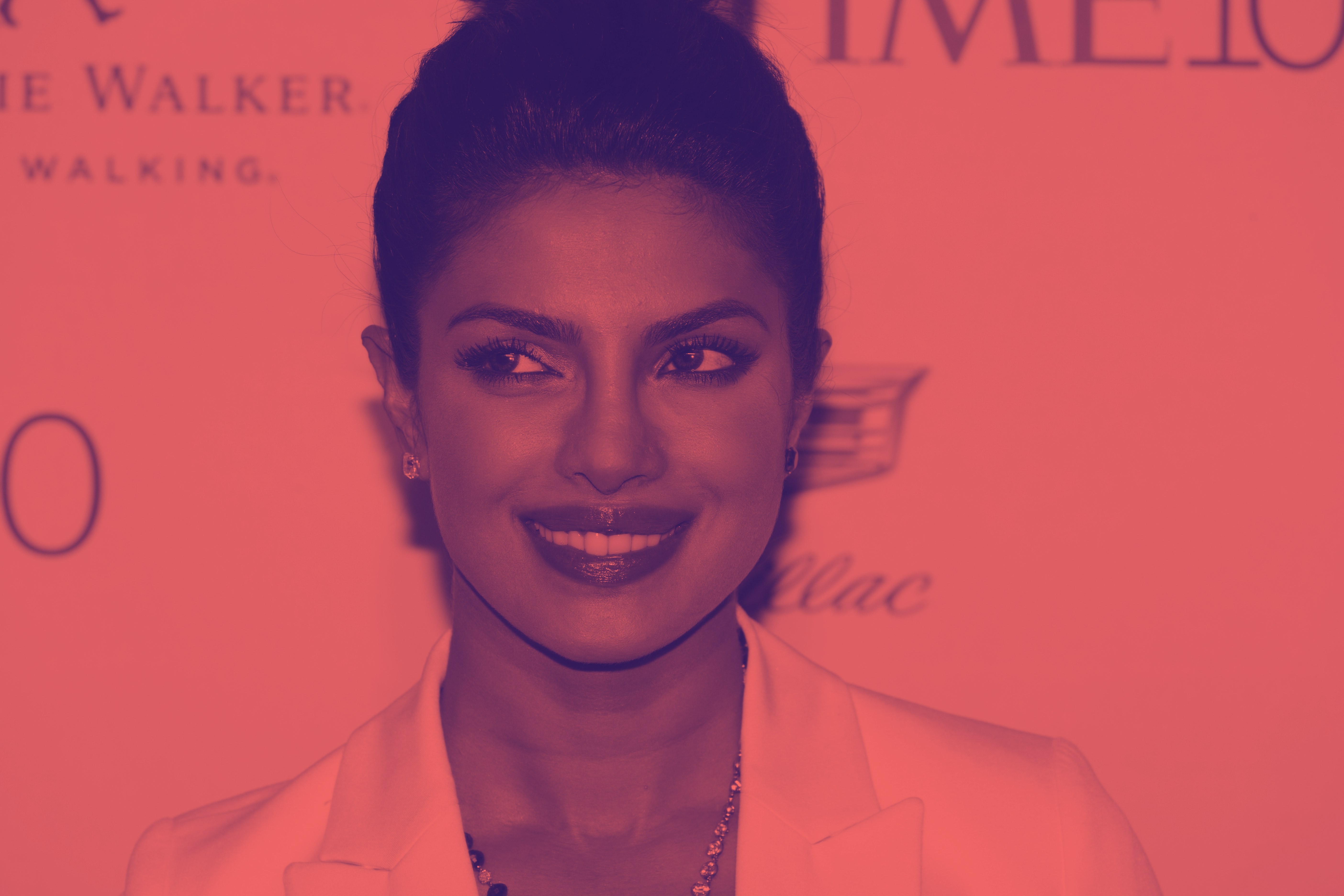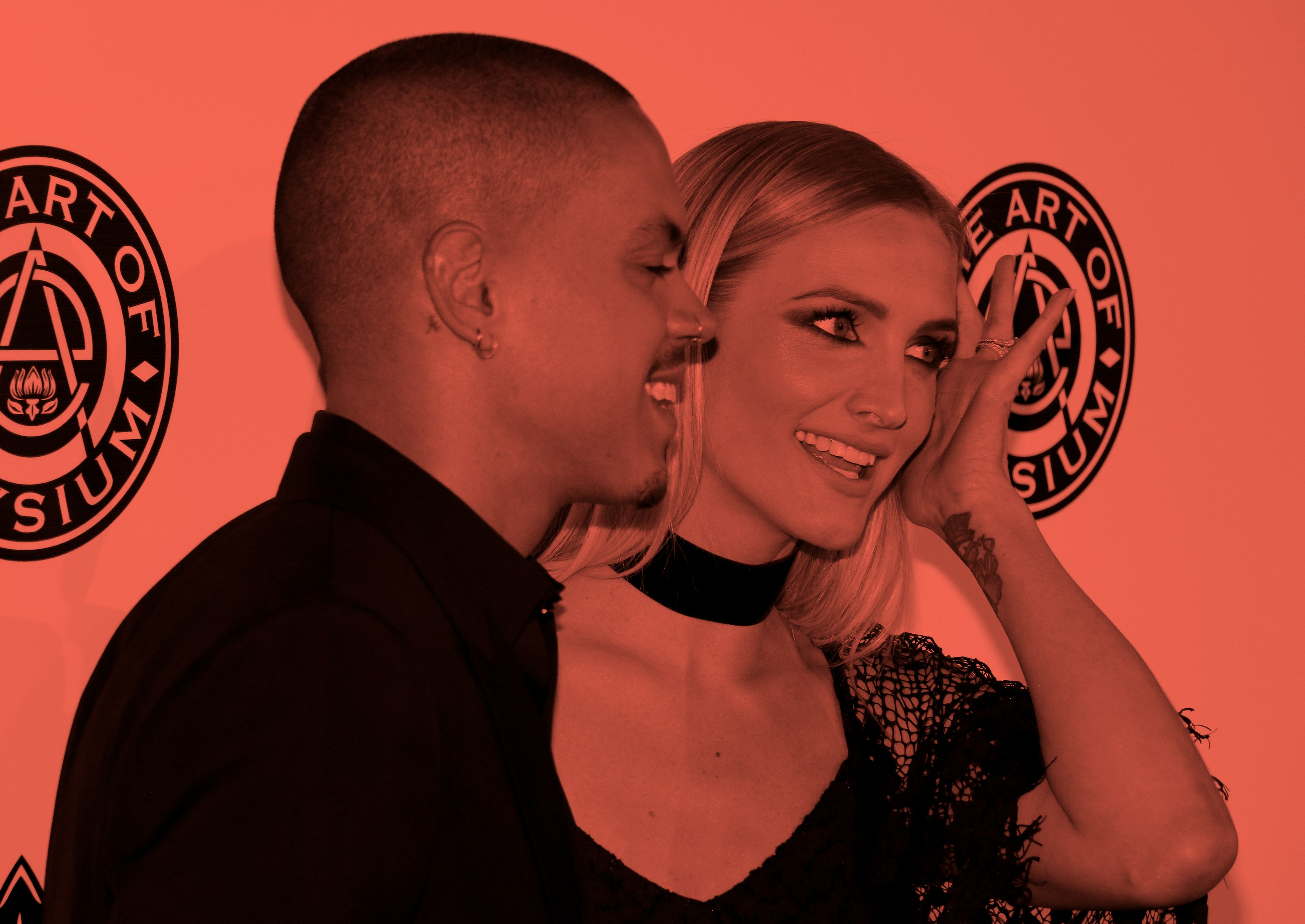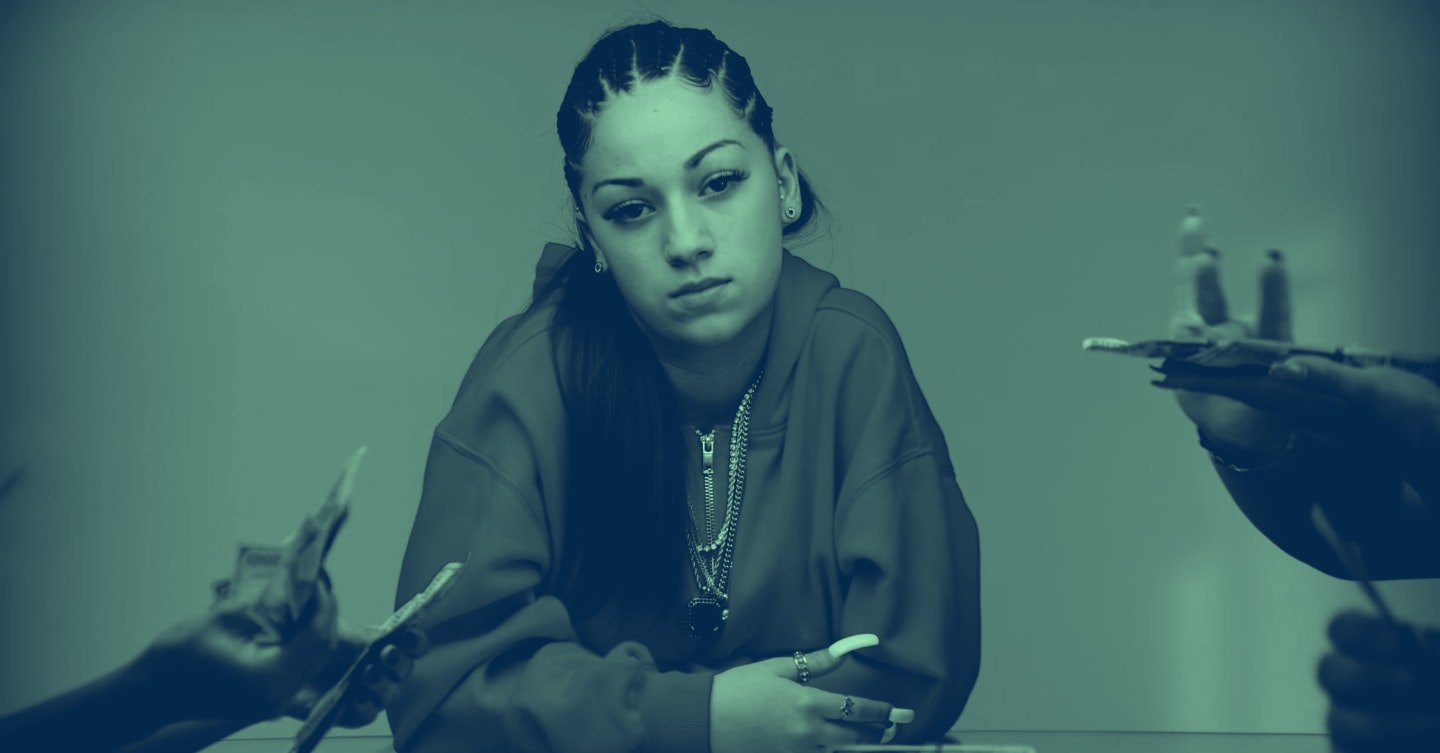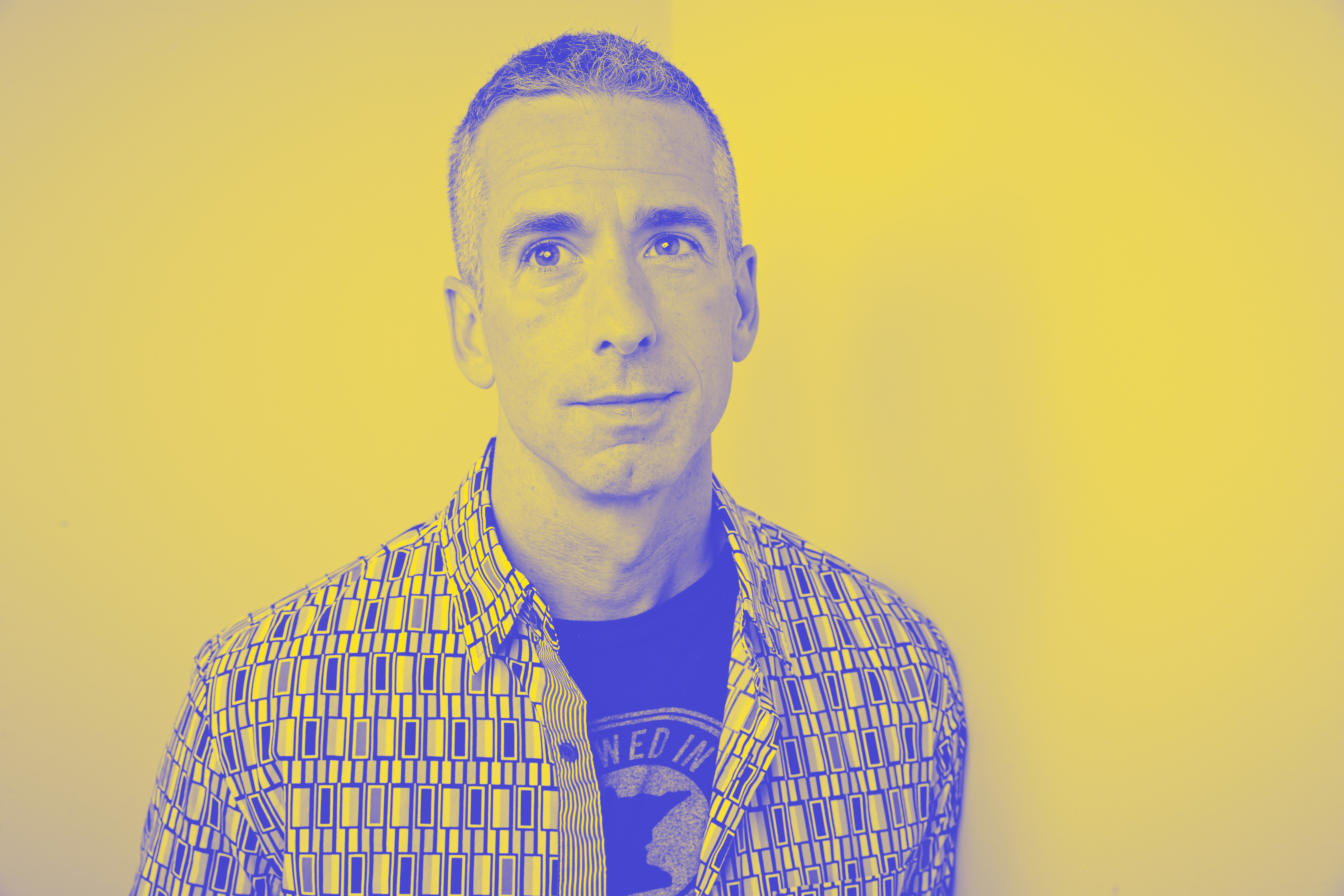Very Intriguing Person
is a series about people who fascinate us, for better or worse.
Profiles of bestselling and iconic author Elizabeth Gilbert tend to begin with a declaration of what she is currently doing or feeling, presented with a touch of irony. Elizabeth Gilbert is owning her past mistakes. Elizabeth Gilbert isn’t afraid to show her scars. Elizabeth Gilbert wants to see how alive we can be. Elizabeth Gilbert doesn’t care if you think her new book is chick lit. Each hints at a suite of hopes and fears with which women writers often contend. Gilbert represents the fantasy of many women writers — the juggernaut bestseller, the speaking gigs and financial success and adoring fans– and also the nightmare: the contempt of critics, the "chick lit" label, the inability to crawl out from under a single book that has been deemed unabashedly female and therefore unworthy of serious critique. Her life and work illuminate women's ambivalence toward female power, and their uncertainty about whether that power should celebrate the feminine or reject it.
I first found Eat, Pray, Love, Gilbert’s memoir about rediscovering meaning in life via a journey through Italy, India, and Indonesia, in 2009 at the Oaxacan Lending Library. I bought it with a 10-peso coin, carried it back to the apartment I shared with my Oaxacan boyfriend, and took it down in a single gulp on our bed. Back then, I defined myself as a “travel writer.” This seems a ridiculous and non-existent category now, but at the time it was my singular identity. I’d spent most of my 20s overseas, and in Oaxaca was getting by on about $500 a month, editing for a travel site and writing painful, half-twee and half-gritty essays about Mexico. I knew enough to know that I wasn’t supposed to like Elizabeth Gilbert but I didn’t fully understand why. Mostly, she wasn’t the right kind of woman writer. Women travel writers were supposed to kayak the Nile and trek solo across Papua New Guinea. They were supposed to out-man the men by being tougher and bolder. They weren’t supposed to sob on the floor about breakups, or fly to Italy and rave about gelato.
But I loved Eat, Pray, Love. I loved the prose, fluid and funny and lyric without being self-important; I loved the narrator, and I felt her journey even though her life and travel were nothing like mine. I then immediately felt guilty for loving it, before emerging in defiance. Why shouldn’t I love it? Was Paul Theroux’s grumpy mansplaining about Africa really so much better? Why was there such a divide between the two, such gravitas assigned to one and derision to the other?
The style of the pieces men wrote defined the industry: wry, smart, over-educated but yearning for realness, anchored by facts presented with an authority more jaunty than firm.
In a graduate MFA program that brought my Oaxacan boyfriend — later husband — and me back to the U.S., I wrote a travelogue about our journey through the jungles of Borneo, and another about witnessing a goat slaughter at a dusty hacienda in rural Mexico. Eventually, my travel and work culminated in a Harper’s feature about a Mexican migrant who returns to his tiny village in the Oaxacan Sierra after 15 years in L.A. The piece involved a semester off of school, and six months of travel around the mountains of Oaxaca. We rode for hours on unpaved roads to tiny pueblos where women still gathered at the town spring to clean chickens; we slept on concrete floors; ate in communal kitchens; took notes at tournaments and ceremonies. It was difficult, and it felt important, and I loved it.
In the meantime, I’d begun to notice what had become increasingly obvious, thanks in large part to literary organization VIDA Lit’s efforts to formally document it: Literary journalism, under whose umbrella the vanishing category of travel writing once existed, was written mostly by men. Or at least, men were getting most of the bylines. The style of the pieces men wrote defined the industry: wry, smart, over-educated but yearning for realness, anchored by facts presented with an authority more jaunty than firm. This era was dominated by David Foster Wallace and John Jeremiah Sullivan, men who felt things in angsty ways considered serious and literary. Elizabeth Gilbert had also once been a darling of literary journalism, when she wrote about men and their get-ups and managed her emotion in appropriately intellectual ways, or when she became a bartender at a rowdy country-western saloon in New York City and whipped an adoring male customer with her belt. But Eat, Pray, Love marked her swift exile from that realm.
In 2011, I founded a travel-writing magazine that became a publication of mostly essays, all nonfiction and all written by women. As I wrote its manifesto and selected my team, I started paying much more attention to what it meant to write as a woman. In the past, I’d seen my gender largely as something to overcome in my art, preferably in the most exotic way possible: Look, I too can traverse Siberia on foot, and I can do it surviving only on raisins! I saw it only from the masculine angle of the masculine type of success I craved, in terms of who and what I wanted to emulate. Yet in editing work by women for a largely female audience, and in constantly thinking about and attending to all the stereotypes therein, I came to see womanhood and writing from the other side: not in terms of what should be performed, studied, embodied, but what shouldn’t. What should be avoided at all costs. What was not literary, serious, allowed. Motherhood. Family life. Certain types and descriptions of feelings. Certain types of romance. Certain types of introspection.
Then, I understood Eat, Pray, Love’s transgression. Yes, Elizabeth Gilbert was privileged; yes, not everyone who has a breakdown can head to India for spiritual rebirth. But memoir is not meant to be prescriptive or educational. A memoir’s task is not to outline the history and culture of Bali or the political conflicts of contemporary Italy, nor is it to say, look how I overcame my divorce and now you can take these ten simple steps to do it, too! It is a personal story, told for personal reasons, but while that may be enough for men, it is not enough for women.
In an oft-cited piece by Jessica Crispin in The Boston Review titled “How Not To Be Elizabeth Gilbert,” Crispin blasted Gilbert and Cheryl Strayed, the author of the travel memoir Wild, for what she calls “faux travel writing,” which focuses more on “interior psychodrama” than place or history. “These writers are experts only on their own selves,” she complained. Similarly, in The Los Angeles Review of Books, Jim Hinch eviscerated Wild as an example of the tragic downfall of American nature writing because of its focus more on Strayed’s personal struggle than on the ecology of the Pacific Crest Trail. It is telling that Hinch opened his piece by writing off Wild as “an Eat, Pray, Love-style autobiographical quest that only happens to be set in the outdoors.” Yet Wild and Eat, Pray, Love were clearly advertised and sold as memoirs, not as iconic examples of nature or travel writing. Their perceived faults come from the fact that they are personal female stories; the easiest and simplest way to attack a woman writer is to accuse her of writing about herself. I have yet to see this accusation leveled at a man with the same contempt and vitriol.
The outrage that surrounded Eat, Pray, Love seeped into the skin of an up-and-coming generation of women writers. In an interview with The Rumpus, Blair Braverman, the author of the recent travel memoir Welcome to the Goddamn Ice Cube: Chasing Fear and Finding Home in the Great White North, said, “I think Elizabeth Gilbert is fantastic, so I would love to be more like her, but I was very resistant to writing what I heard the book proposal had called a ‘female emergence narrative.’ So I set out very much not to write that.” Like me, like many other women writers, Braverman then circles back around to question her fear: “…you know, I wonder why I was so afraid of that now...do I have to wear boy’s clothes to be taken seriously? Here I am trying to distance myself from a female genre in order to be taken seriously in literature.”
Gilbert’s writerly persona violates of one of the central mandates of serious, literary woman writerhood: avoid sincerity, avoid earnestness, avoid women
Everyone calmed down about Gilbert with the publication of her novel The Signature of All Things in 2014. Set in the 19th century and centered around botany and evolution, it featured a protagonist who, as one Chicago Reader reviewer declared with begrudging approval, looked and sounded nothing like Gilbert. The Signature of All Things was followed in 2015 by Big Magic, an exploration of creativity and the habits, attitudes, and processes that foster it, which cemented Gilbert’s status as a guru to an adoring fan base she calls “Dear Ones.” It is very easy to raise a snarky eyebrow at this endearment, and numerous women writers have. Gilbert’s writerly persona violates of one of the central mandates of serious, literary woman writerhood: avoid sincerity, avoid earnestness, avoid women.
In interviews, in her public persona, and on her very active social media accounts, Gilbert seems to have figured out what it means to be a powerful woman and a woman for whom femaleness and power reinforce one another. By femaleness I do not mean femininity, in its traditional codes of behavior and dress. Rather, I mean an embrace of what it means to live as a woman in America in the millennium, of the emotional and experiential arcs this can entail, and of how for many women it requires a perpetual decision-making process about how to engage with the male realm.
The male realm is often taken for granted as universal: the Culture with a capital C. To be successful and ambitious as a woman is to figure out how to navigate it, and much of the time that involves subverting aspects of femaleness or distorting them to make them more male. Gilbert seems to have come through this in her life and career and emerged in a place in which she possesses a female power our culture and society are just beginning to recognize, or recognize again. When she speaks of bravery, wisdom, transcendence, she speaks of women — in a recent Instagram post, she wrote, “The women whom I love and admire for their strength and grace did not get that way because their shit worked out. They got that way because shit went wrong, and they handled it. They handled it in a thousand different ways on a thousand different days, but they handled it. Those women are my superheroes.” In another, she shares a quote from The Compassion Collective: “Let us mother this broken world together.”
Like those in her boldly honest sisterhood — Oprah, Cheryl Strayed, Glennon Doyle — Gilbert talks plainly about fear, about her setbacks and delusions, about womanhood, and about spirituality. She eschews snark. She does not have children, she is not married, she defies so many of the standard expectations of women and yet somehow gives permission to a woman like me — married, a mother, in a conventional home in a conventional city out in the Midwest — to embrace my womanhood. She is not suspicious or disdainful of her female audience, she does not reject them as less-than the male literary elite who might have accepted her had she just not written about her own damn female self. In an interview with The New York Times Magazine she said of those who might praise her for suddenly attracting the “serious” male readers, “I want to say: ‘Go [expletive] yourself!’ … ‘You have no idea who the women are who read my books, and if I have to choose between them and you, I’m choosing them.’”
It has taken me years to realize that I aspire to this �� to finally recognize that I am interested in women, and in writing as a woman. I love the women at my readings who talk to me about the self, the women who write me emails and tell me how they raised their daughters. I’ve developed somewhat of an allergy to the cynicism and ruthless intelligence that often elevates endless equivocations and qualifications to the level of truth. In a recent Instagram post, Gilbert held up a homemade cake that read, Girls, girls, girls! I thought about putting a Post-it of this simple incantation above my desk, as an antidote to the constant tug of skepticism that has me wanting to prove my work is serious, canting toward whatever male taste-makers consider relevant and important.
In an interview with Krista Tippett on the On Being podcast, Elizabeth Gilbert said, “With Eat Pray Love…I sort of came out of the closet as a woman.” It sometimes feels as if so many women writers I know are still trapped in the closet of their womanhood. How can we embody it, own it, celebrate it, meaningfully interrogate it, in a literary culture in which the central question remains what it means to be and become a man?
“Our fear is contagious,�� Gilbert told Tippett, “but our courage also is. And our courage makes other people be able to be more brave and come out of their houses and come out of their shells and out of their fear.” For me, part of that courage is continuing to write about women, to be straightforward about the fact that I do, and to hope that someday this work will redefine the bounds of serious literature.
